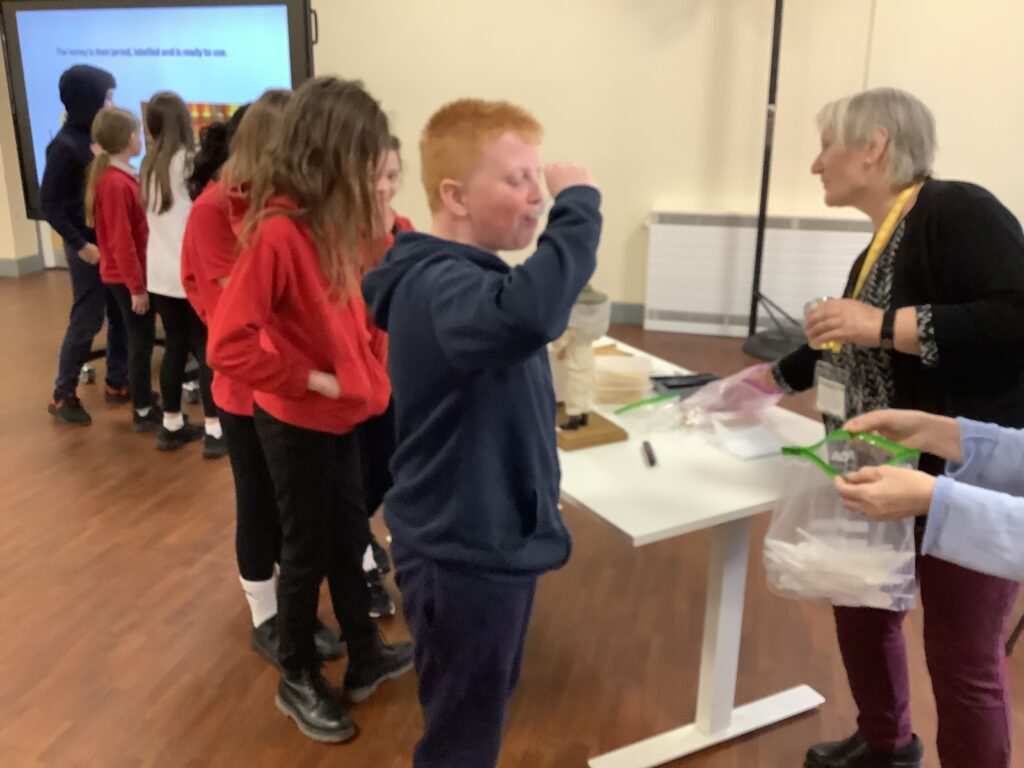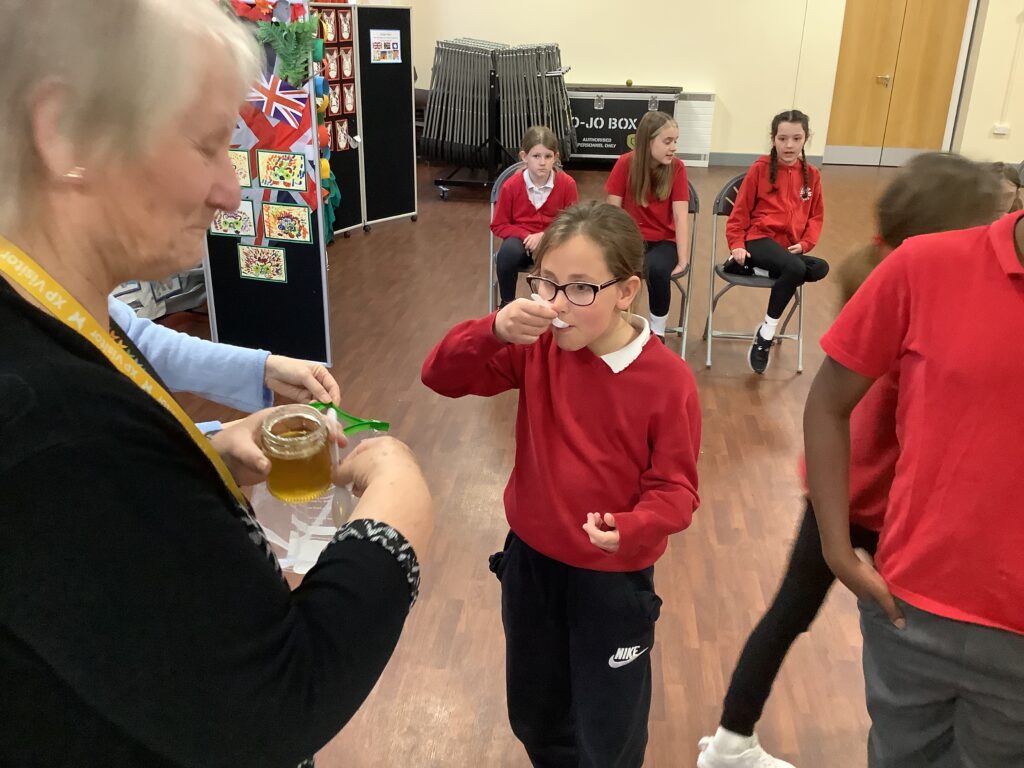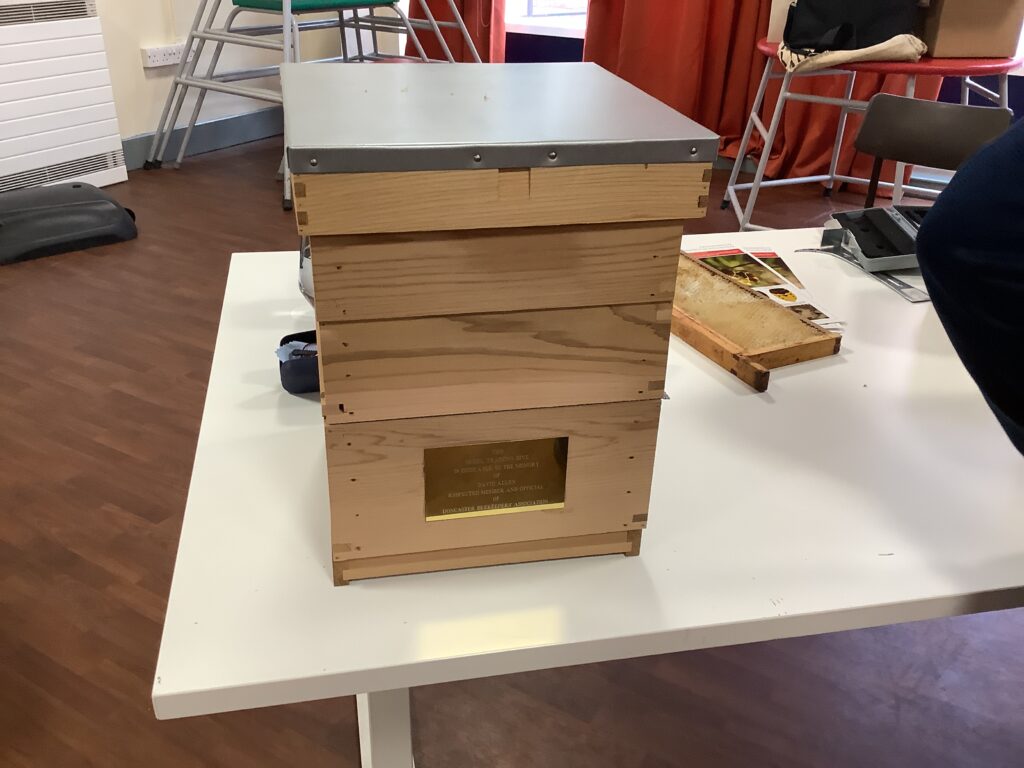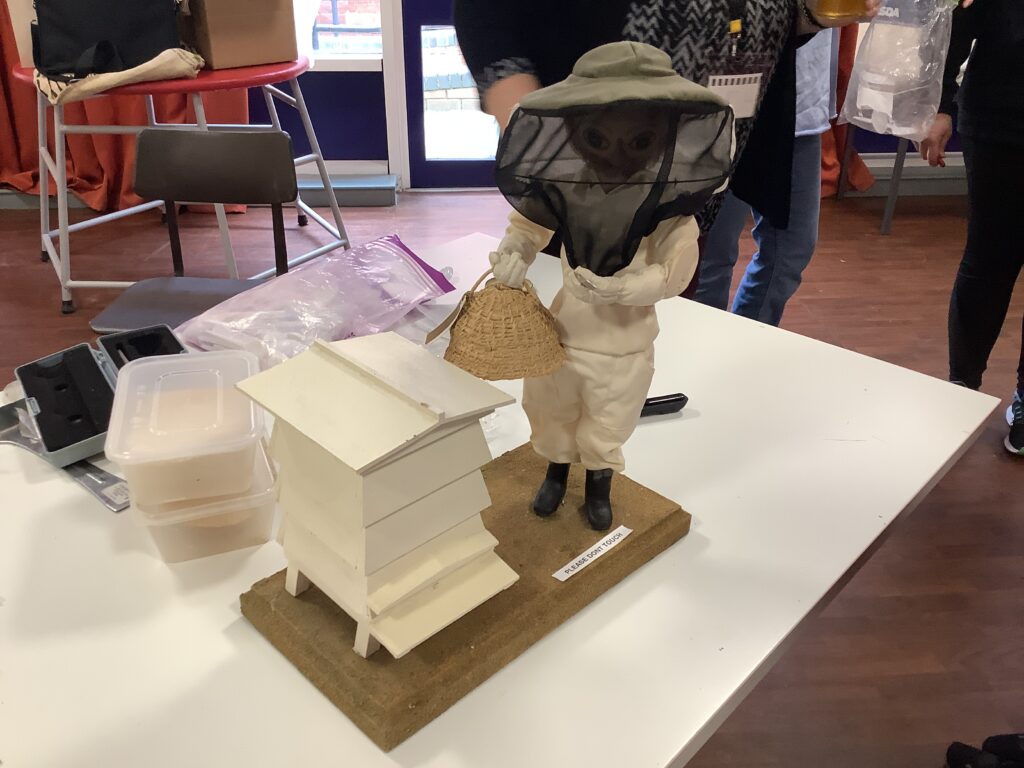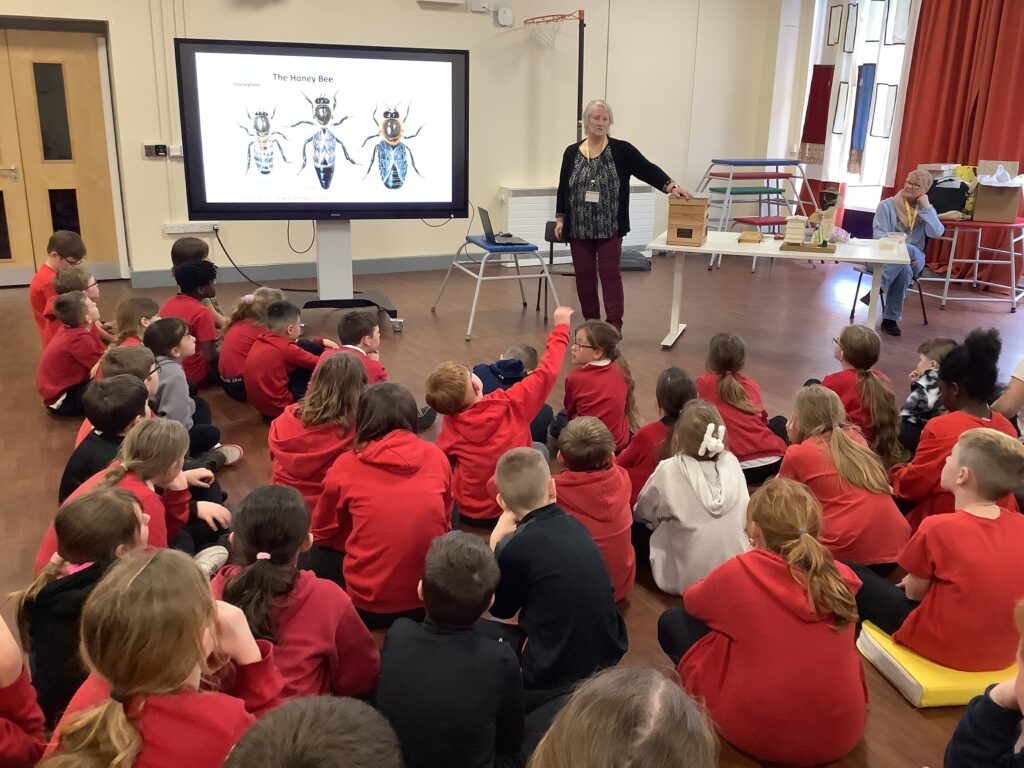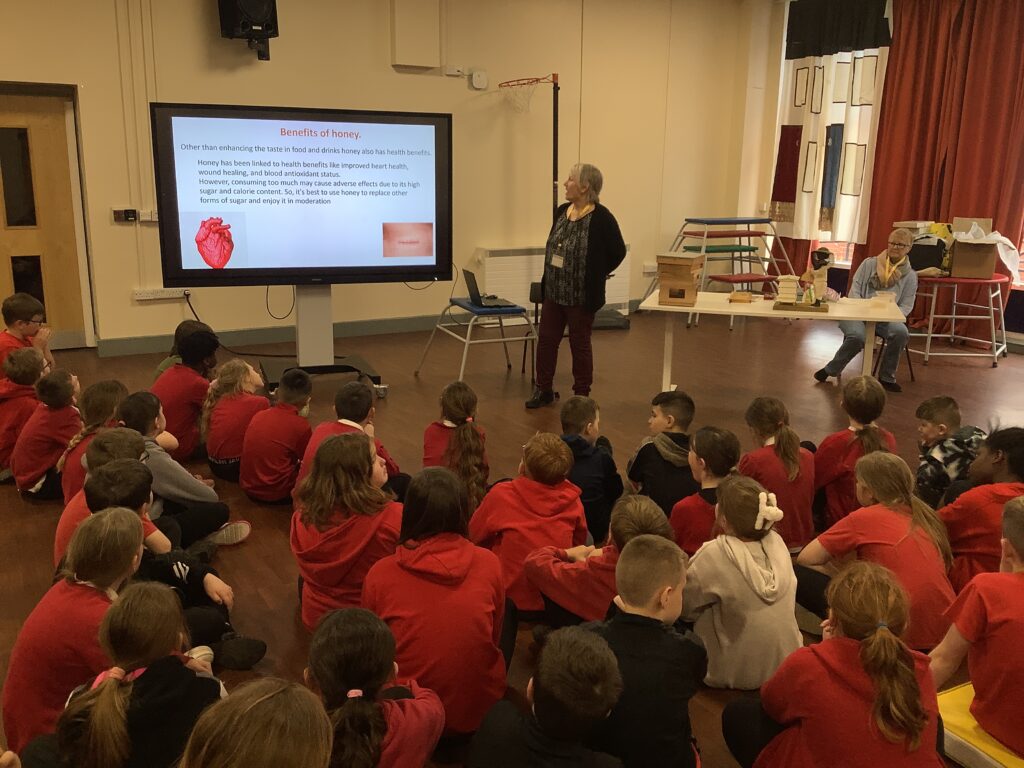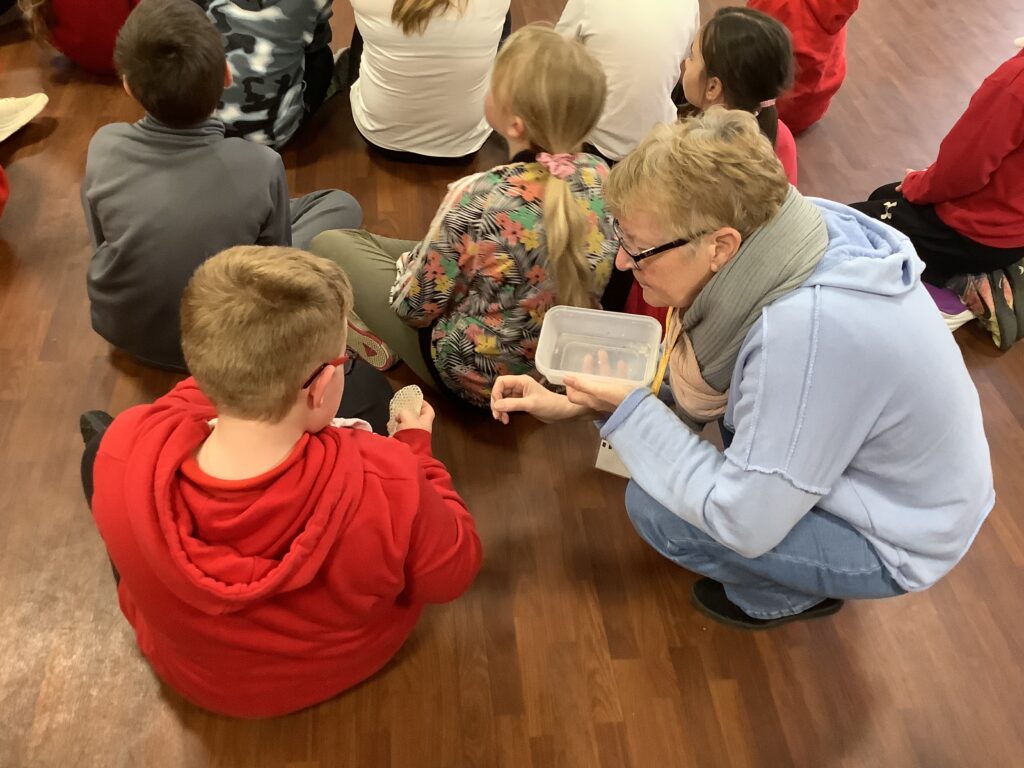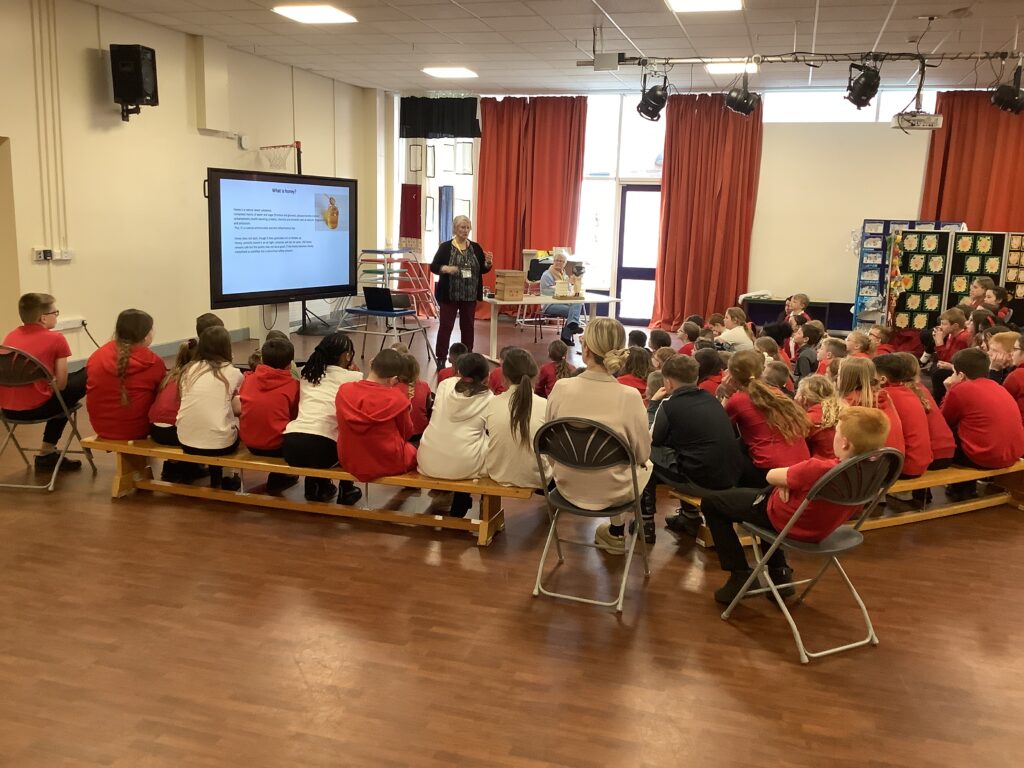After a good nights sleep and a hearty breakfast we had our first challenge of the day – this is one the children were looking forward to and it did not disappoint. Needless to say we were cold and wet but we had big smiles on our faces!
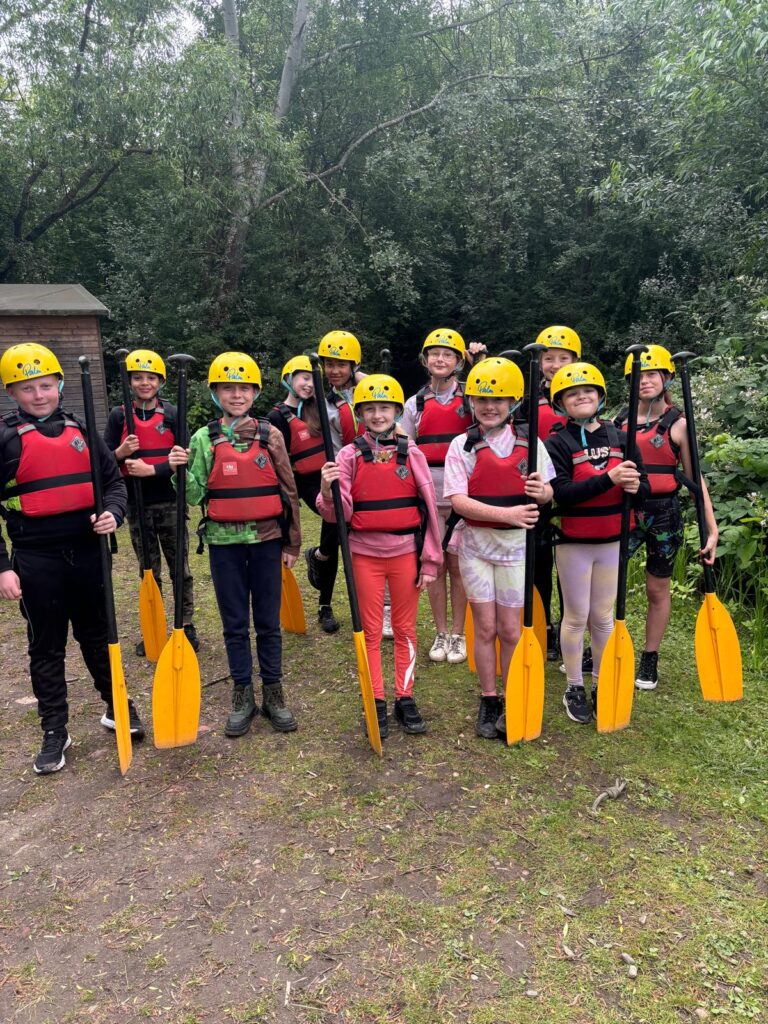
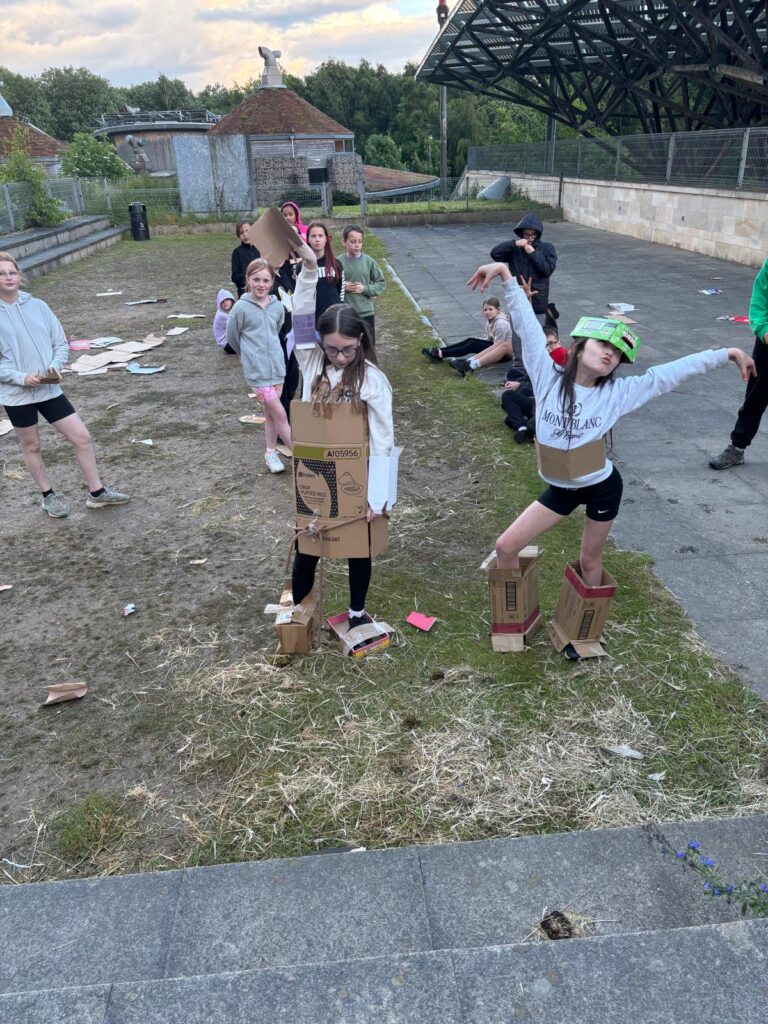
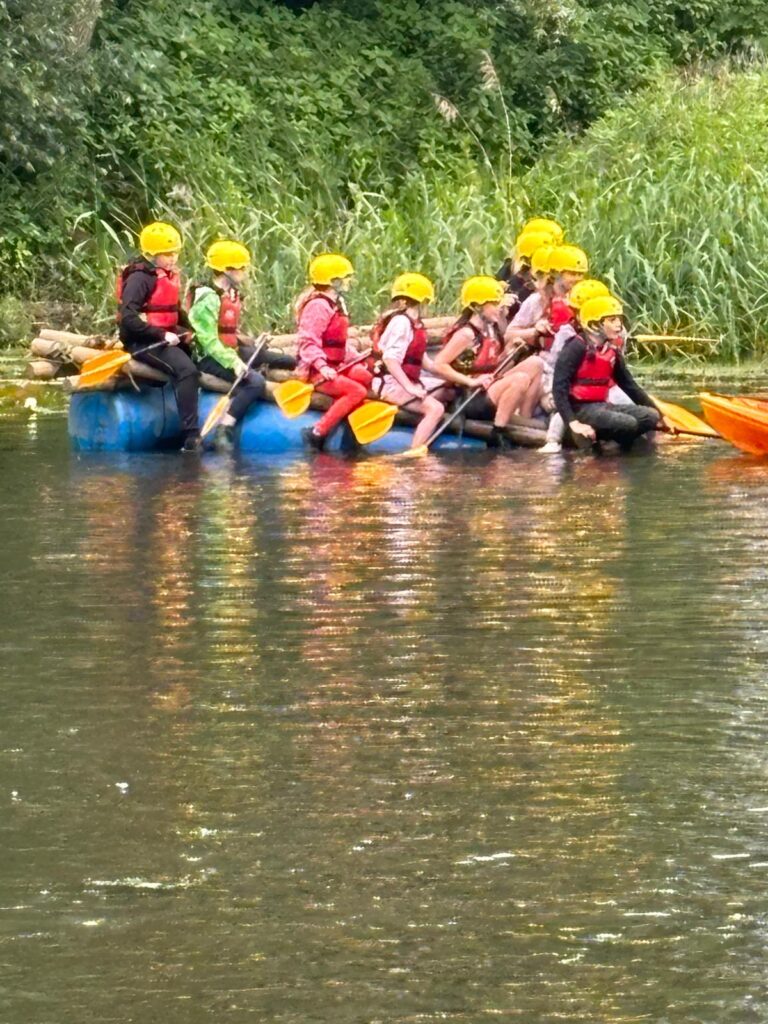
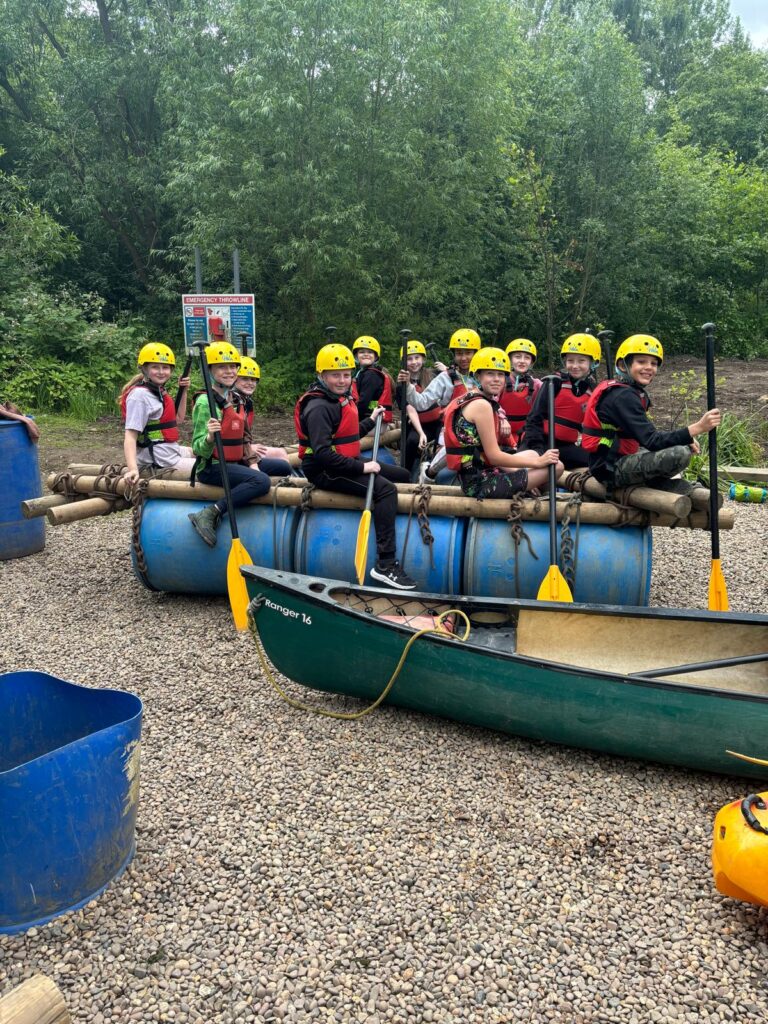
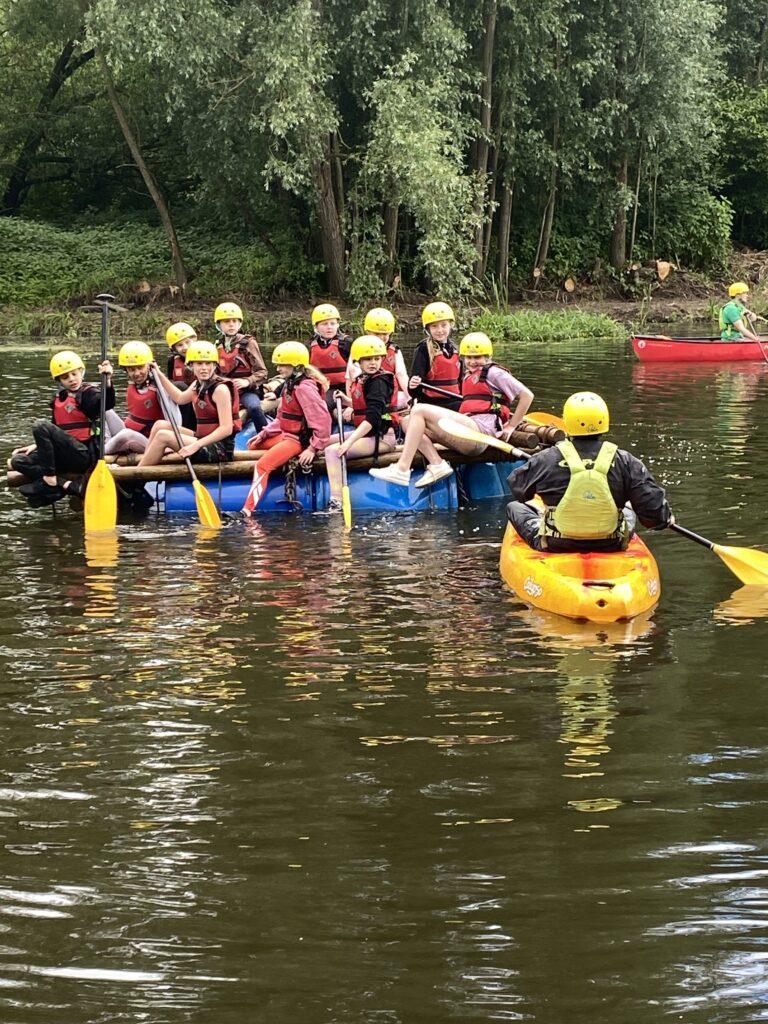
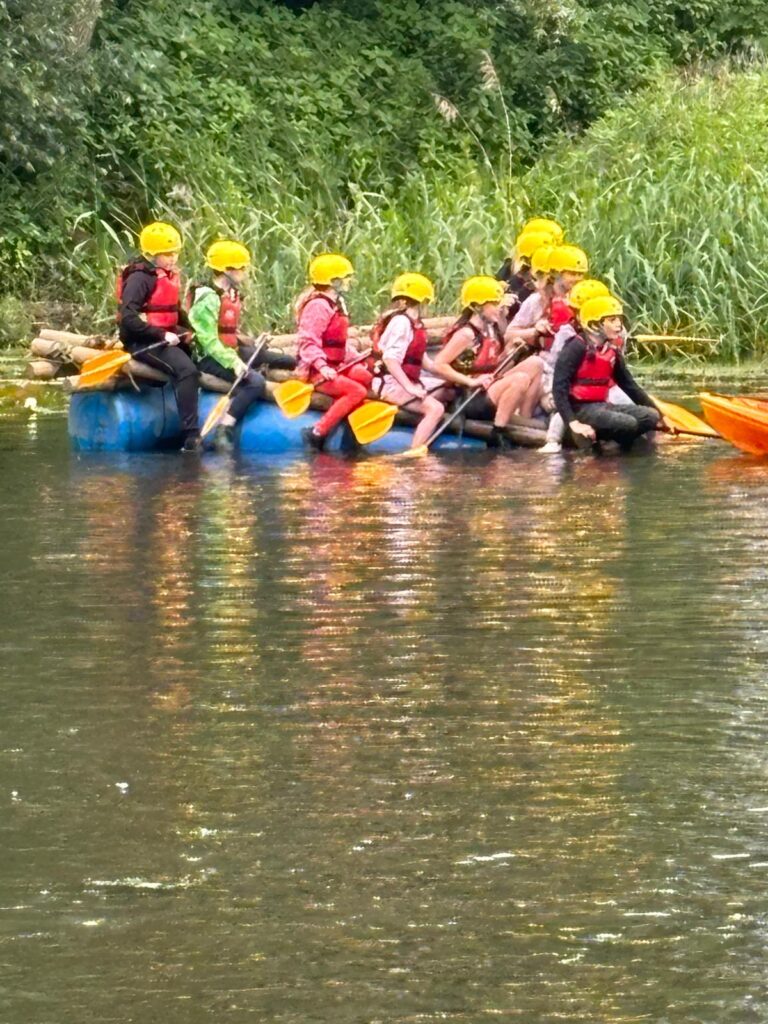
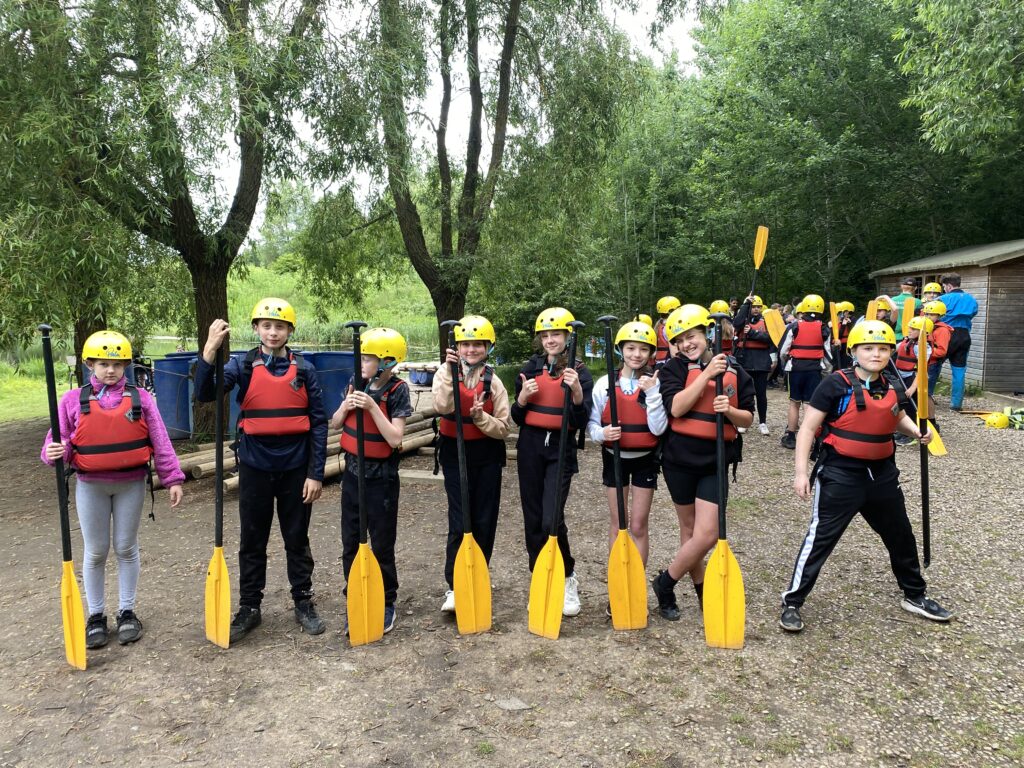
After a good nights sleep and a hearty breakfast we had our first challenge of the day – this is one the children were looking forward to and it did not disappoint. Needless to say we were cold and wet but we had big smiles on our faces!







After checking into our rooms with great excitement we had our first activity – cratestack! The children thoroughly enjoyed it and we were super proud of them for going out of their comfort zones and all rose to the challenge!
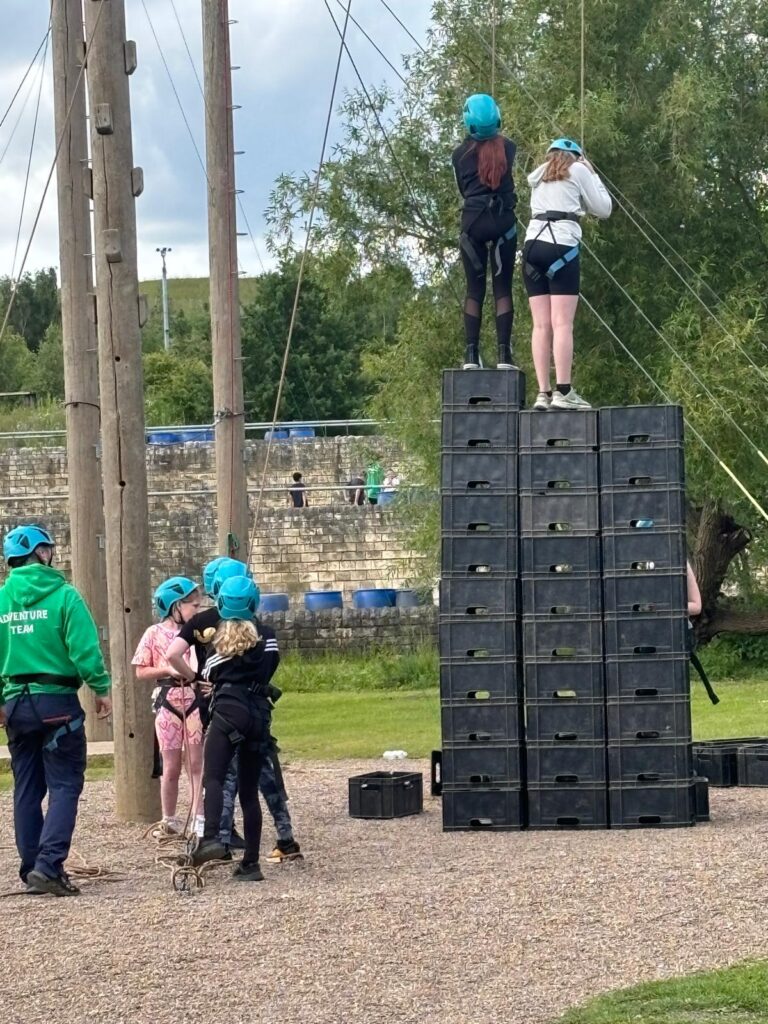
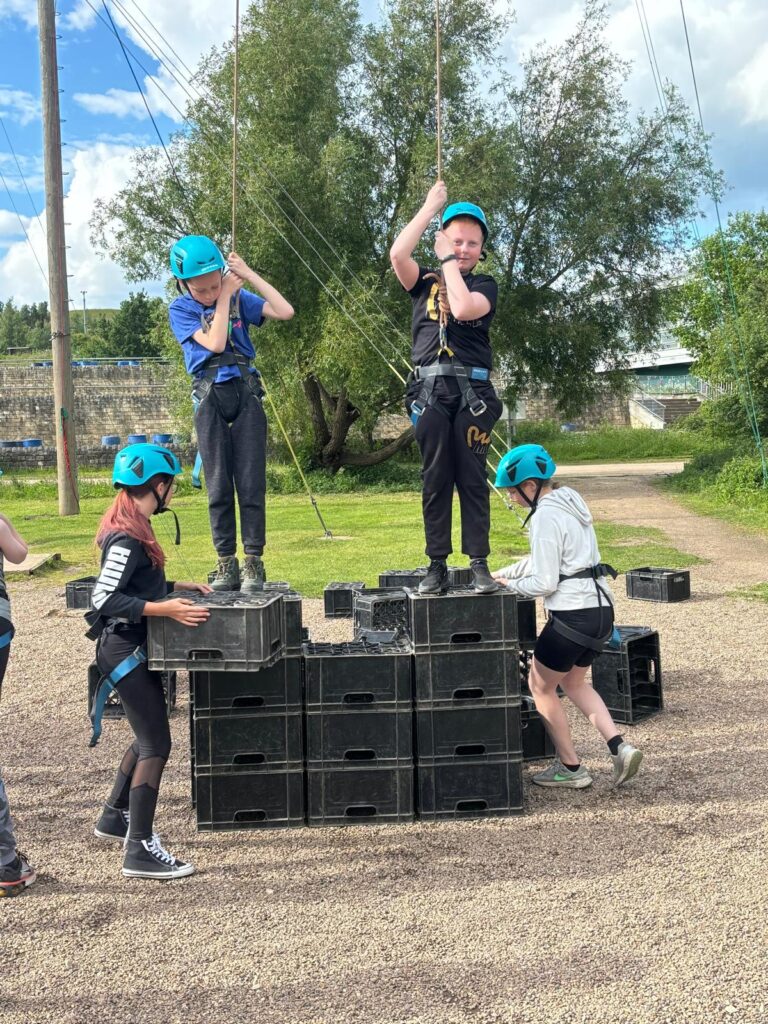
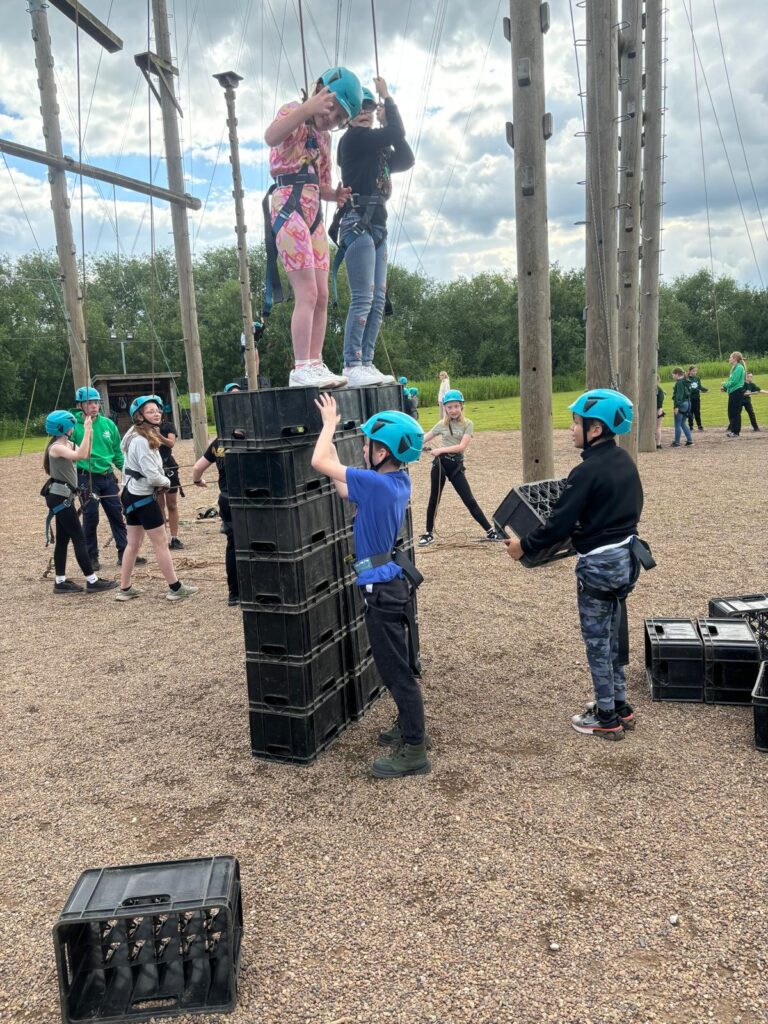
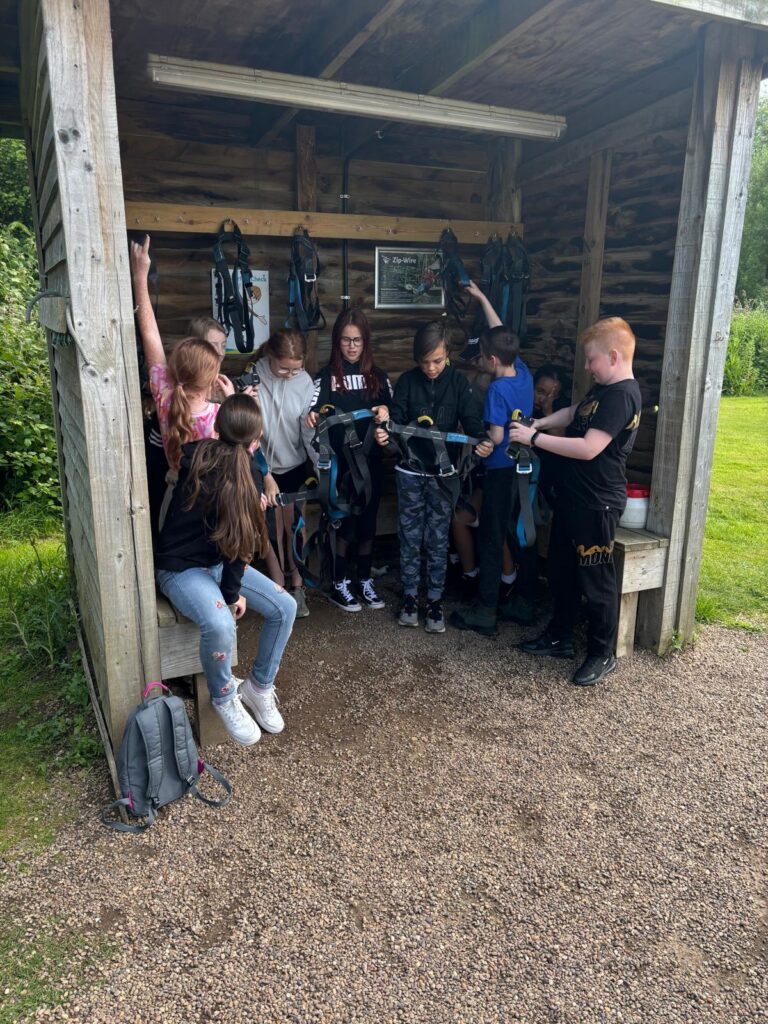
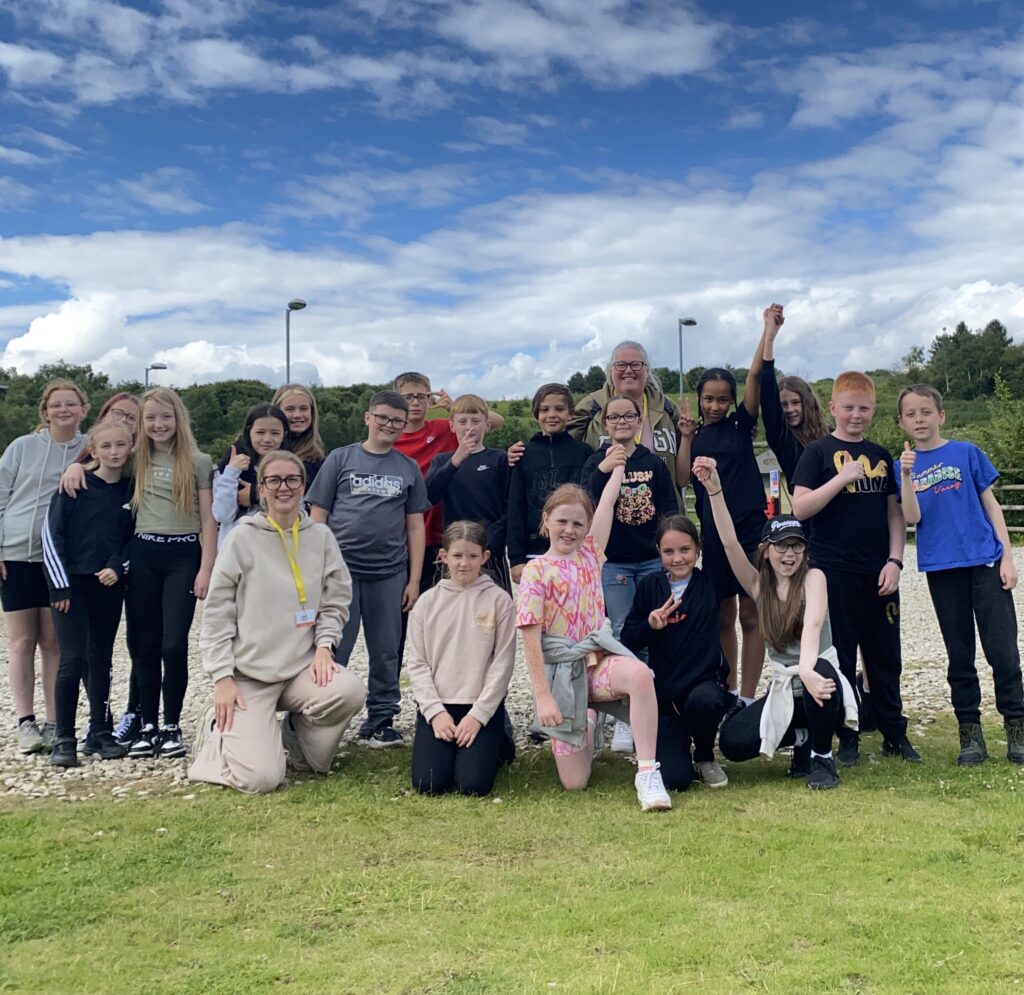
During this case study we are learning about the Egyptians. We have learnt about who they were and recalled key dates. When we were being historians, in our research we soon discovered that the River Nile was extremely important to the Egyptians as they used it for so many different things: helping to grow crops, fresh water, fishing and transporting goods. Because of the River Nile, the Egyptians were successful farmers and were able to grow a variety of foods which they ate to keep themselves healthy. We then compared childhood today to that of Ancient Egypt and experienced what they did for fun; below are some pictures of board games we created inspired my the Egyptians. We further learnt that the Egyptians believed that if they led a healthy lifestyle in this life, this would then mean they would also live a healthy and a good life in the afterlife. Hence, why the Egyptians placed such an importance on having a healthy lifestyle. Despite the Ancient Egyptians living over 5000 years ago, they were also the first to really look into medicine and began to investigate how bodies worked and how best to look after them. They created medicines, gave massages, performed surgery and used honey for its healing properties and even made toothpaste. We also learnt about the process of mummification and how they took great care in preparing bodies for the afterlife.
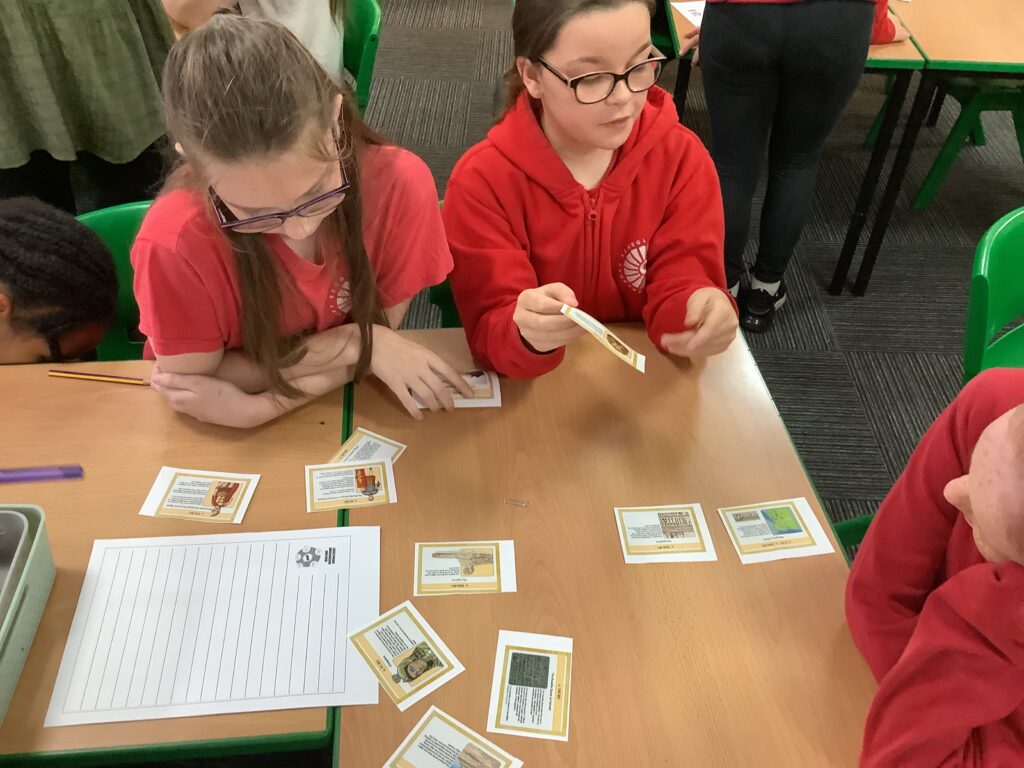
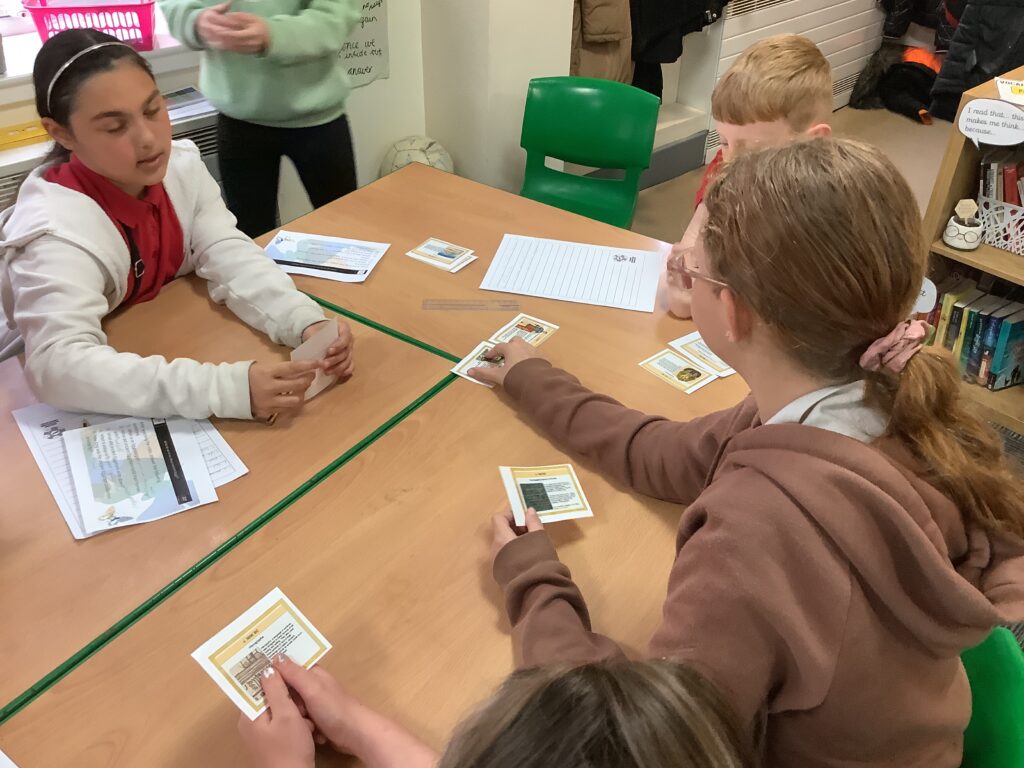
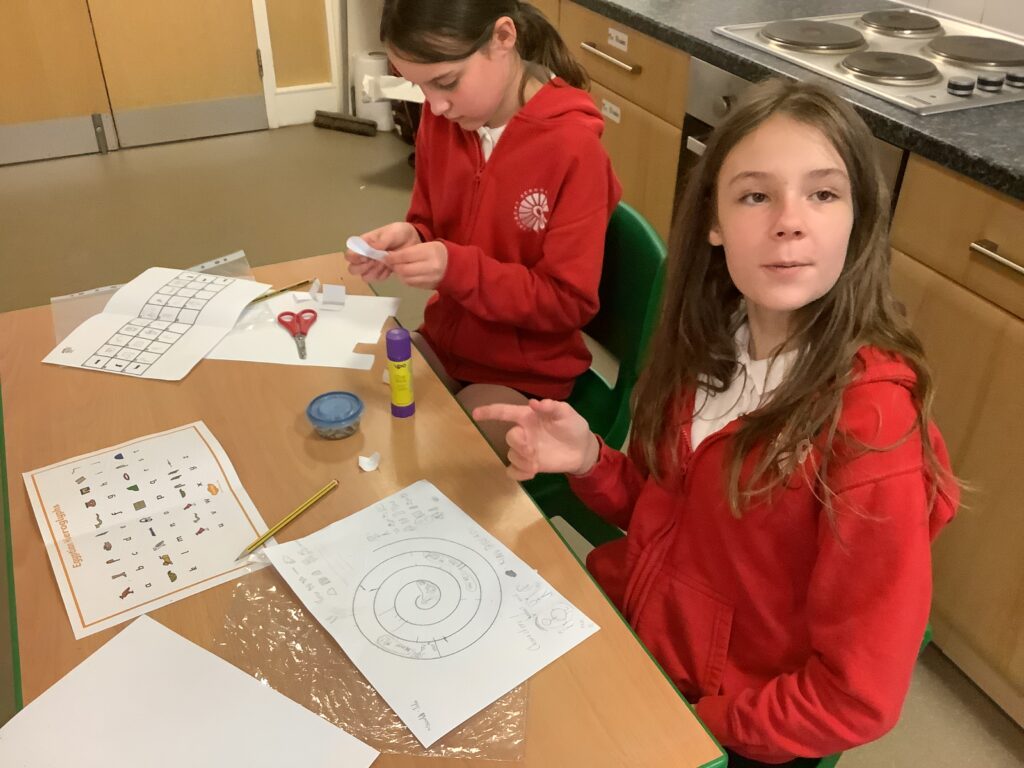
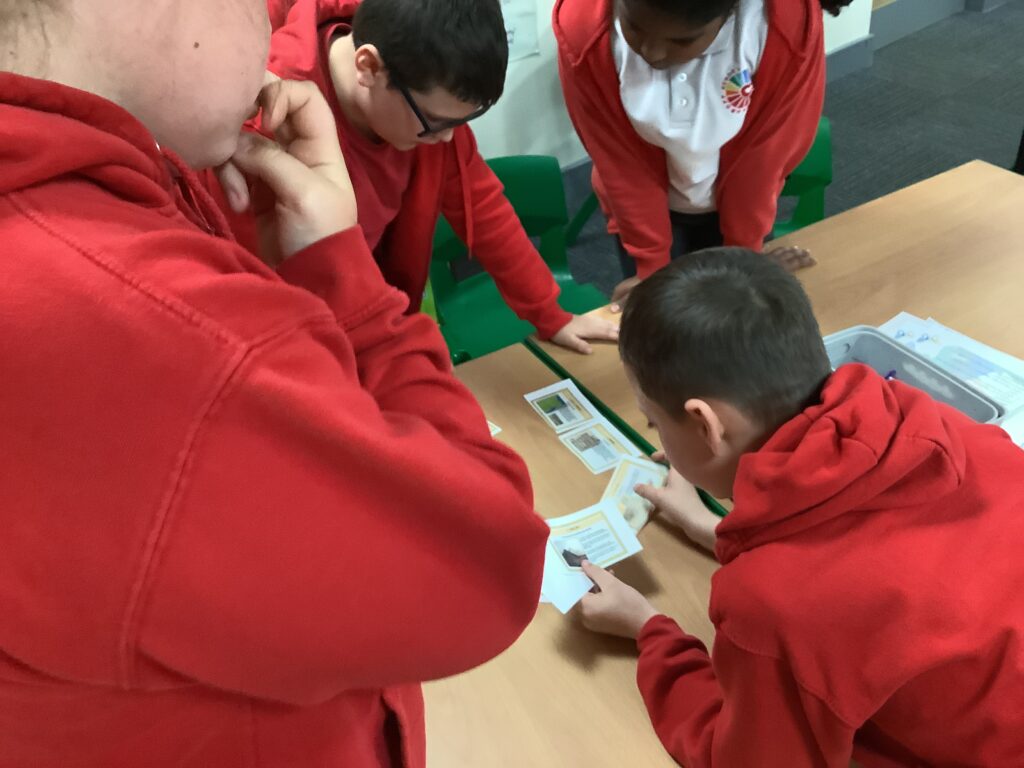
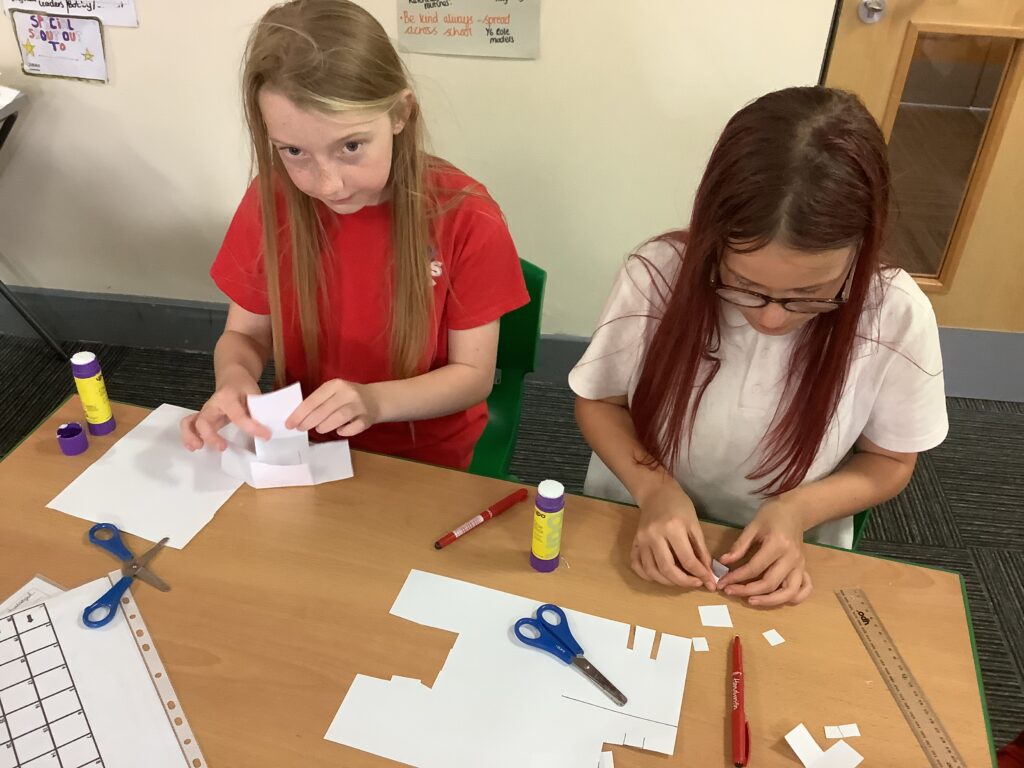
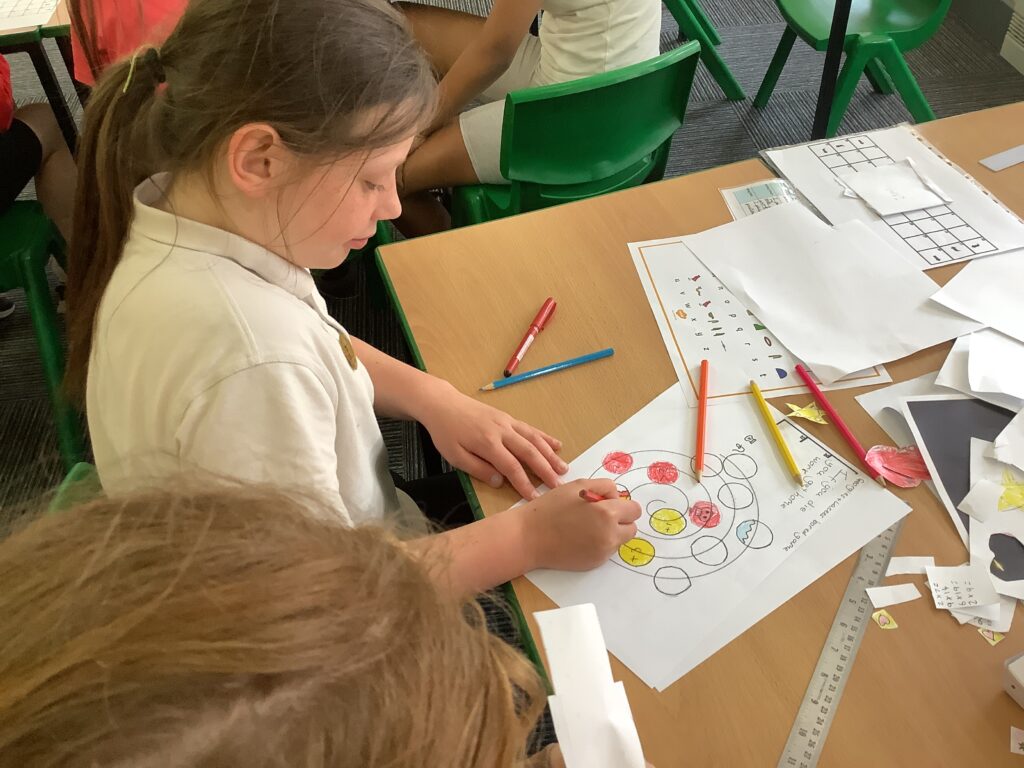
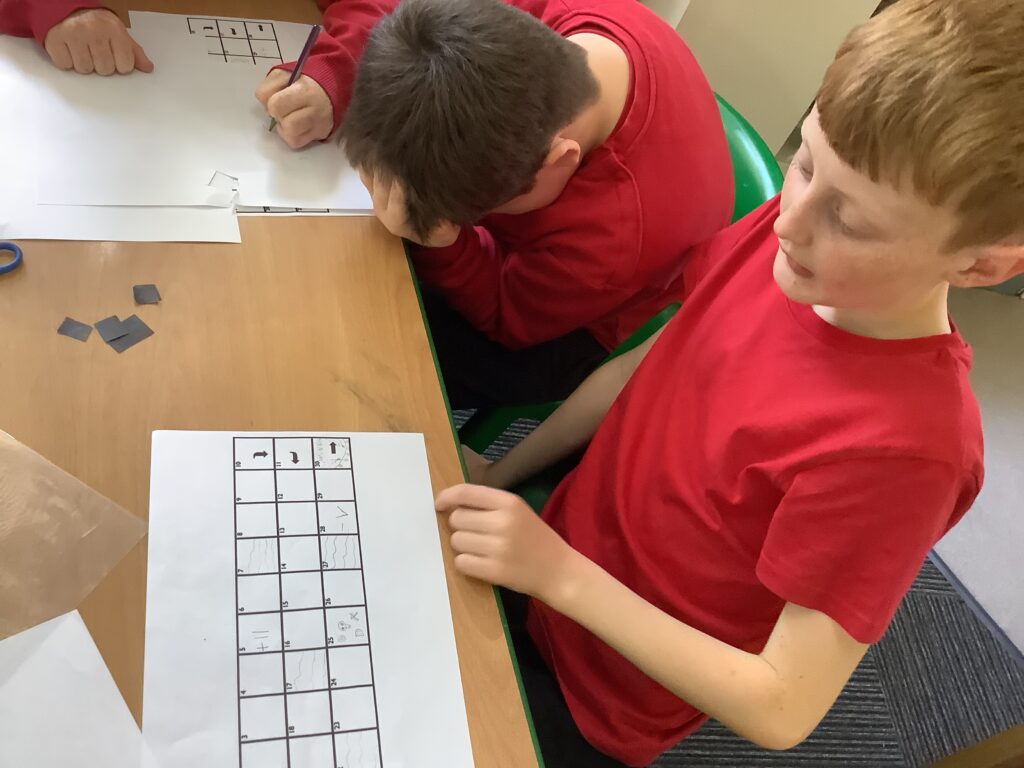
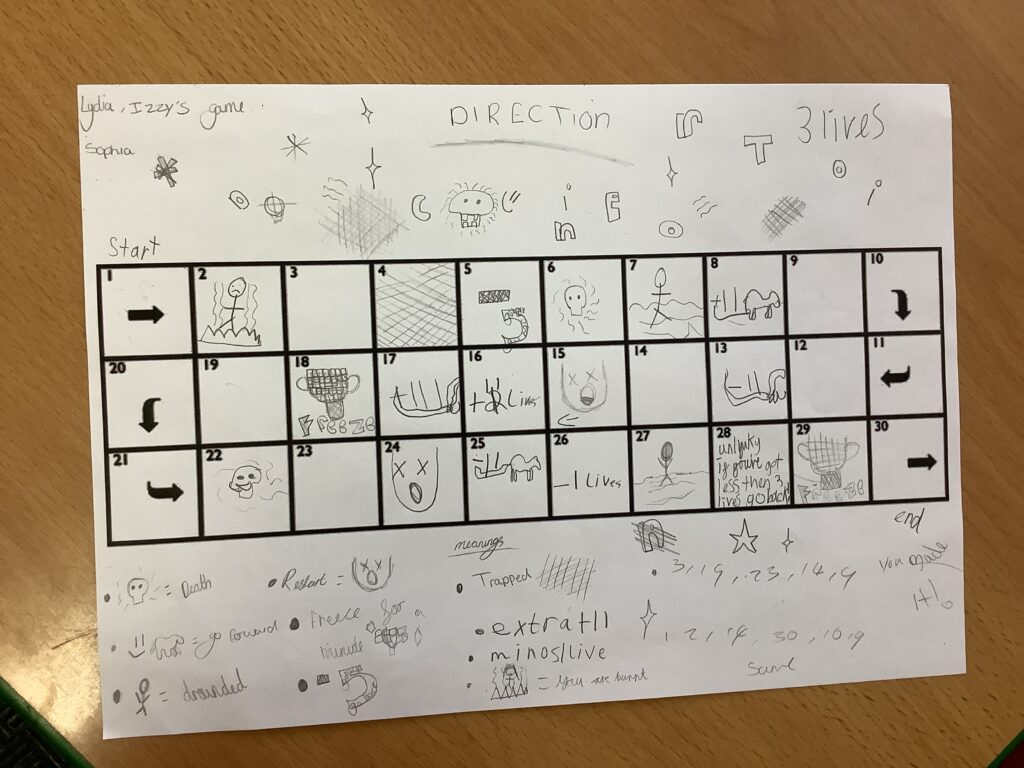
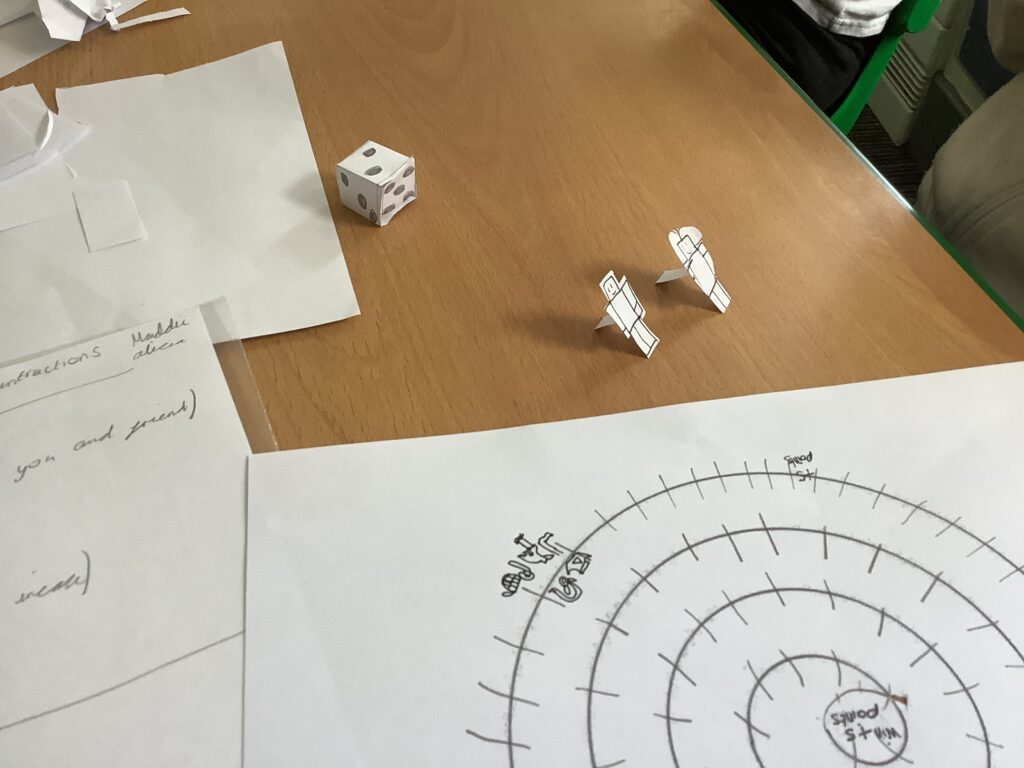
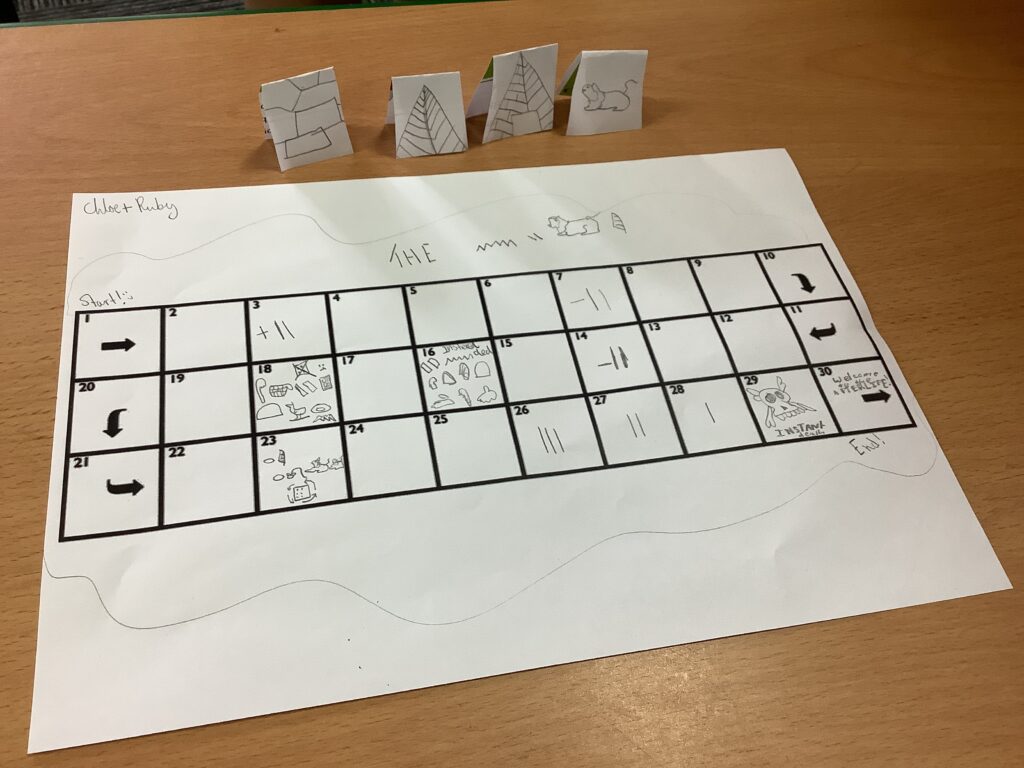
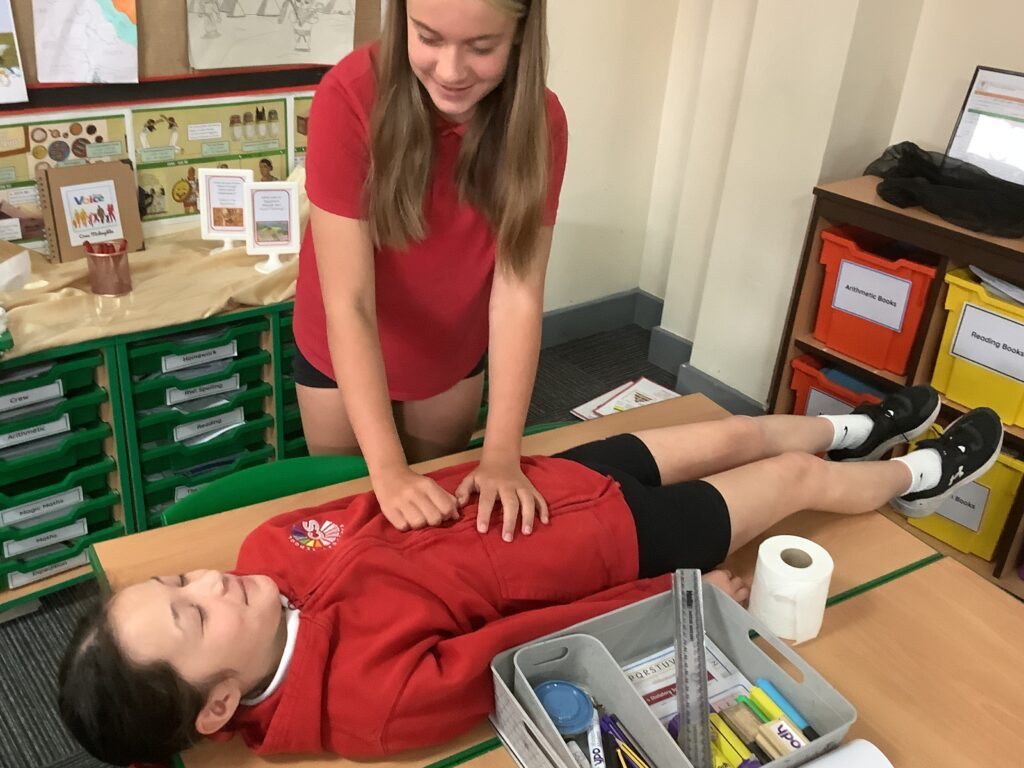
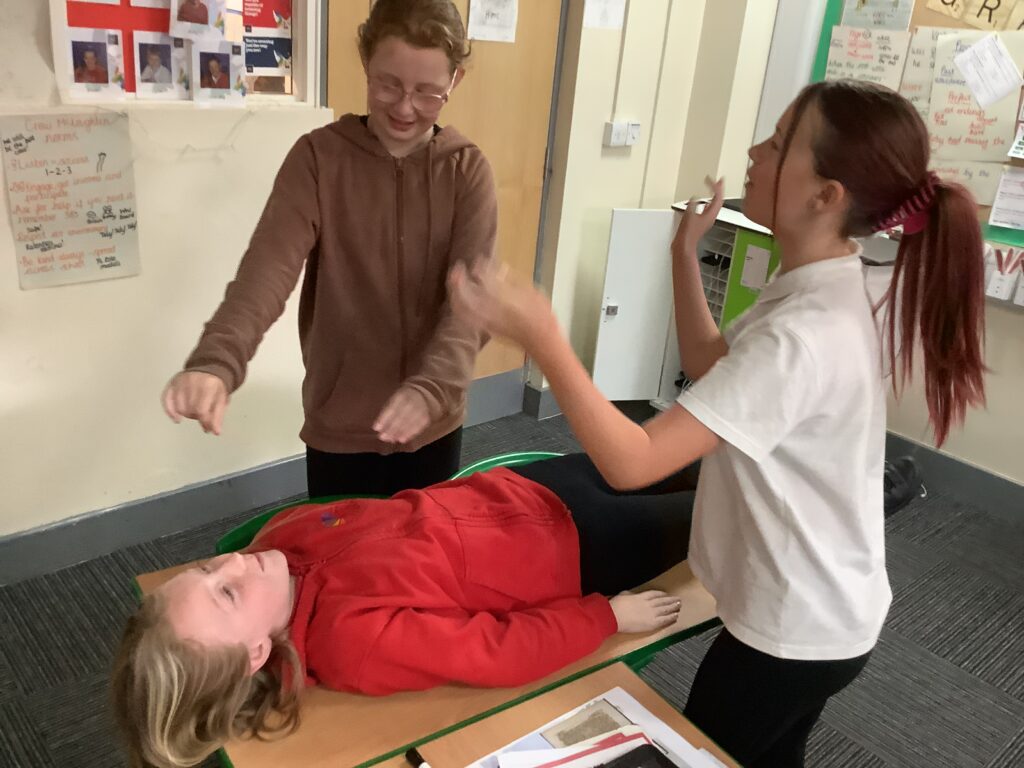
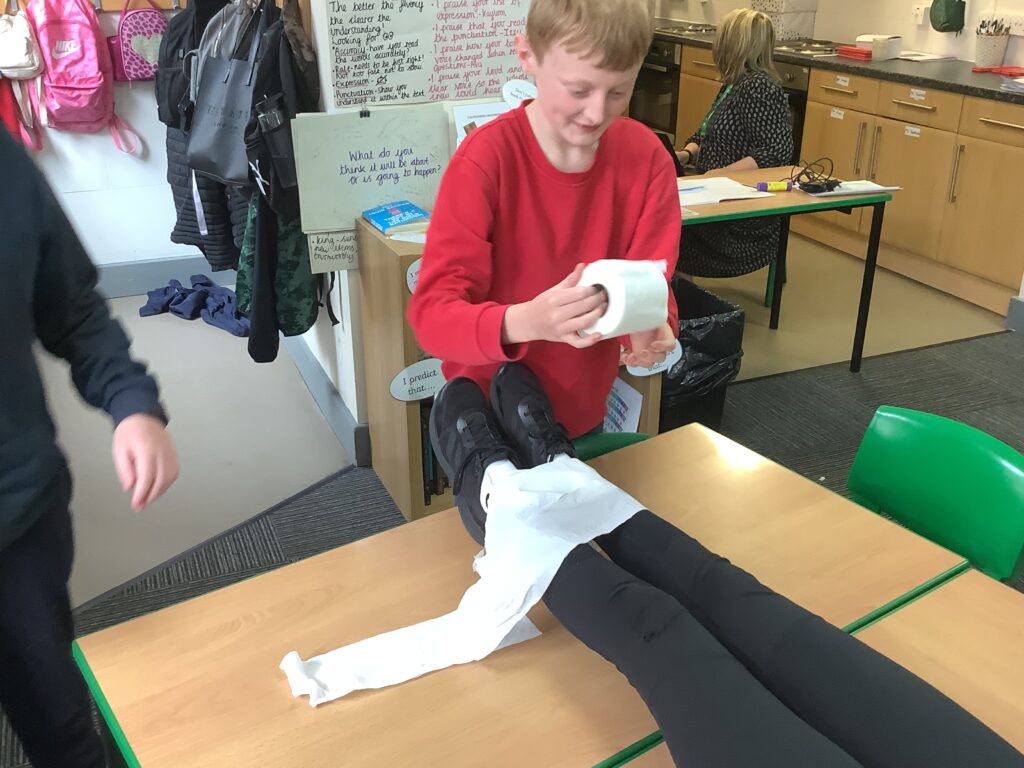
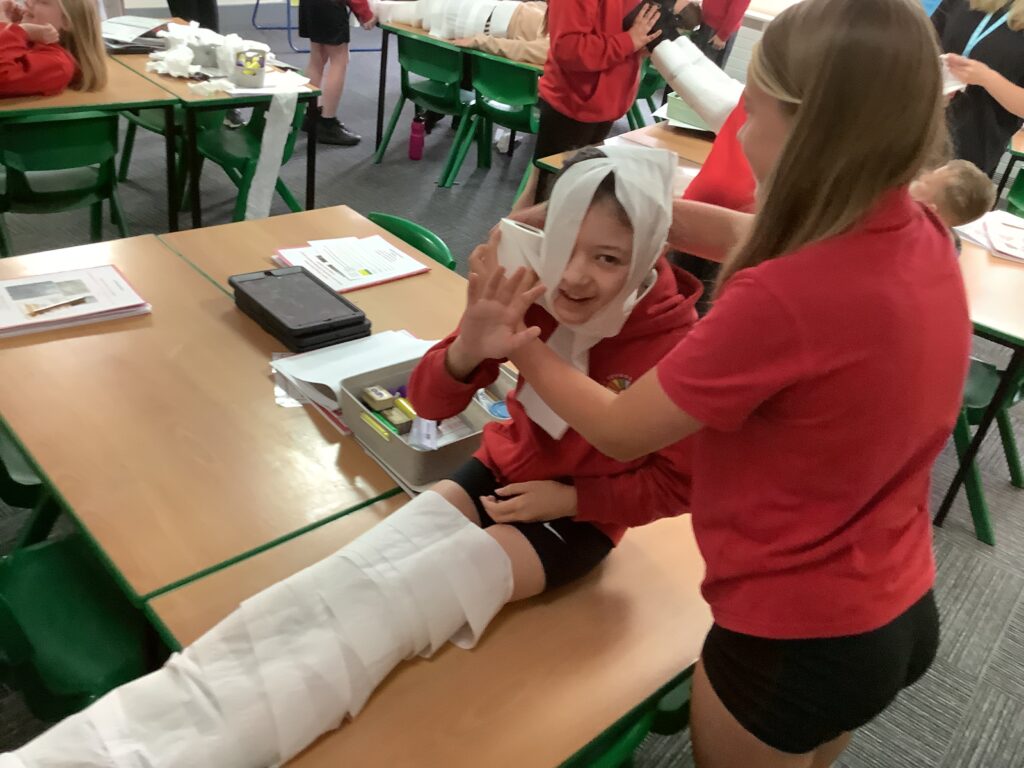
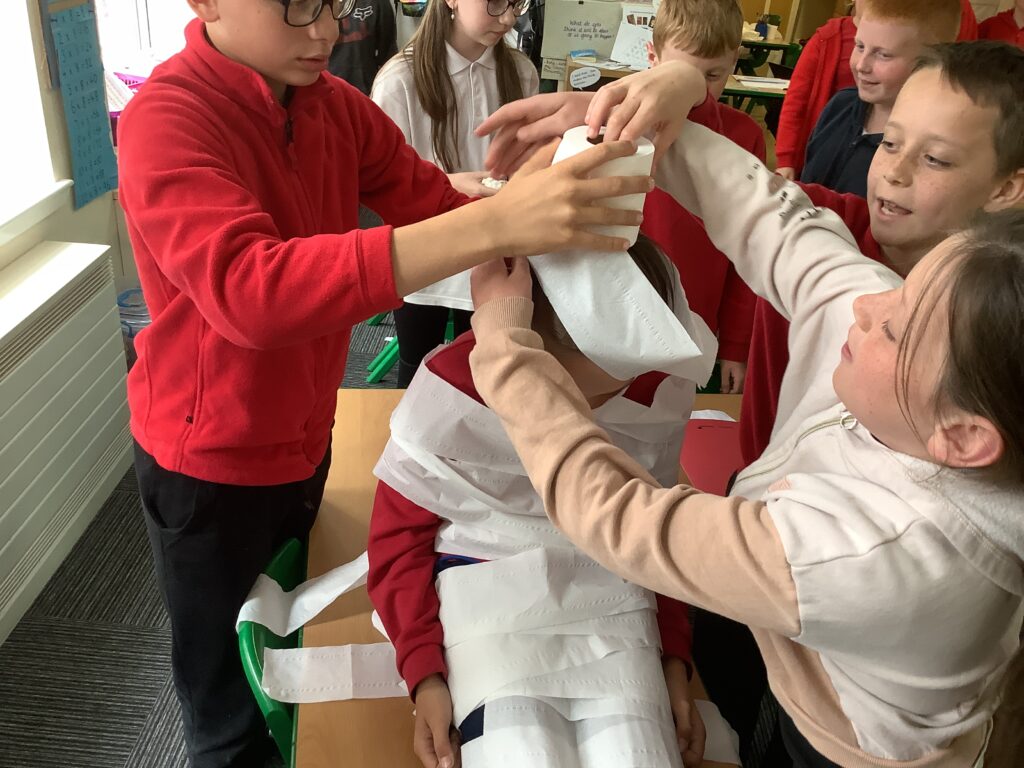
Our new unit of music ‘Race!’ focuses on the theme tune from the 1981 film ‘Chariots of Fire’.
We began by passing a rhythm around the crew in a circle. We kept the beat nice and steady, ensuring that the next person did not begin tapping their beat until the person before them had finished their 8 counts. Once we had managed to successfully pass the rhythm around the entire circle, we then challenged ourselves by passing the beat round again only this time, the next person had to begin once the person tapping had performed their first four taps. We found this tricky but we were resilient and managed eventually to get the rhythm around the entire circle!
We started our work on the Chariots of Fire theme tune by watching a video of key events from the film without sound. We discussed what we had seen and created a list of themes based on the clips. We discussed the idea of a pulse being present throughout the music that represented the ticking of a clock. We talked about why a clock might be important and decided that it was to represent the clock timing the race. Using a glockenspiel, we practised playing a quick pulse with the note C. Whilst it was tricky to play quickly, we had to really concentrate to make sure that we did not play too fast or too slow and that we stayed in time with the other members of our crew.
As well as a ticking clock, the idea of a short motif representing a cheering crowd is included within the piece. We discussed how two notes (C and G) are used however the duration of the second note (G) is longer than C so would need to be held on for longer. Using untuned percussion instruments we practised creating this motif.
We split into two groups, one group focusing on the quick pulse of the ticking clock, the other focusing on the short motif of the cheering crowd. Layering these two elements together allowed us to see how piece of music are structured and also how stories can be told using just instruments.
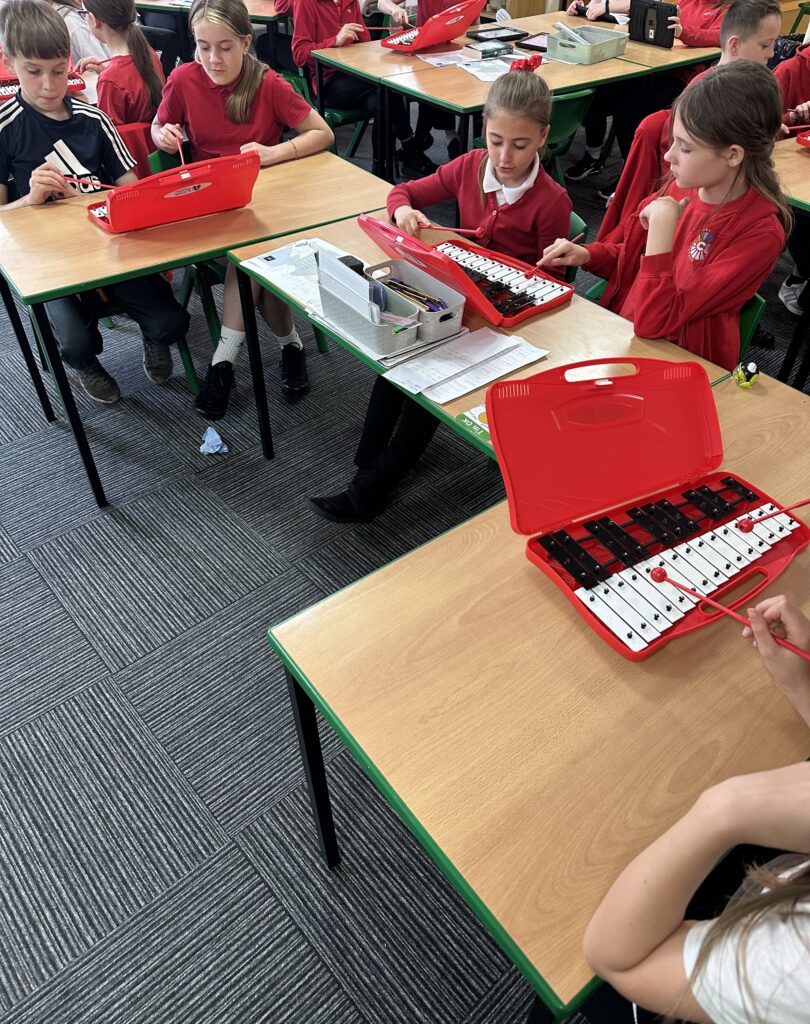
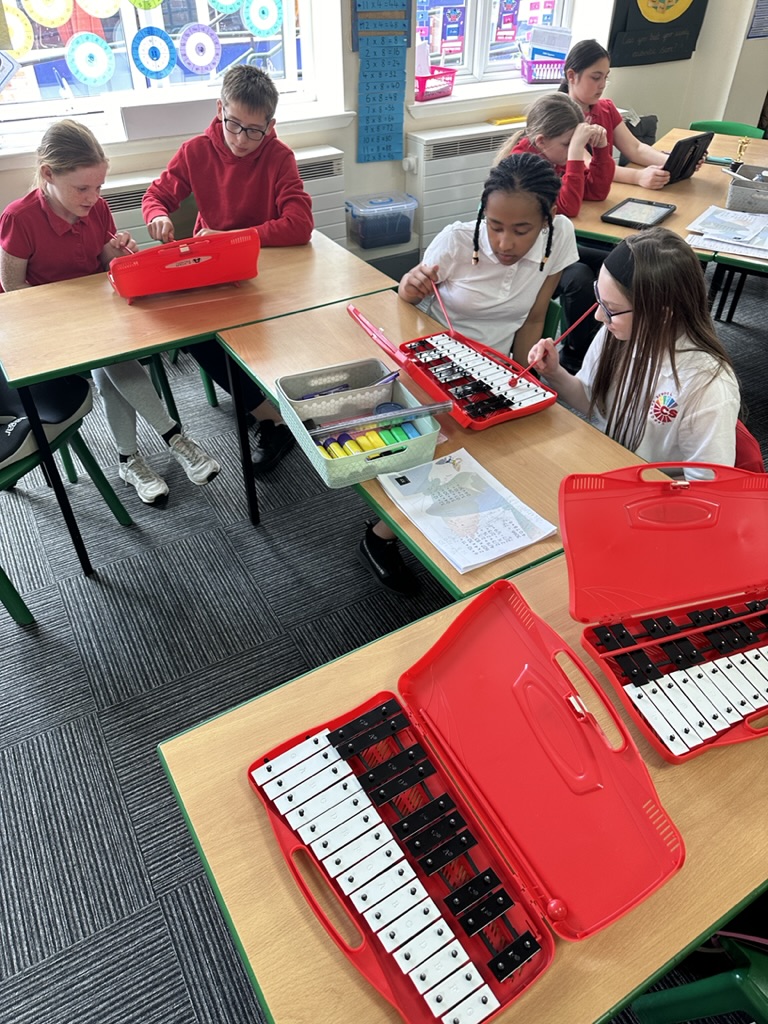
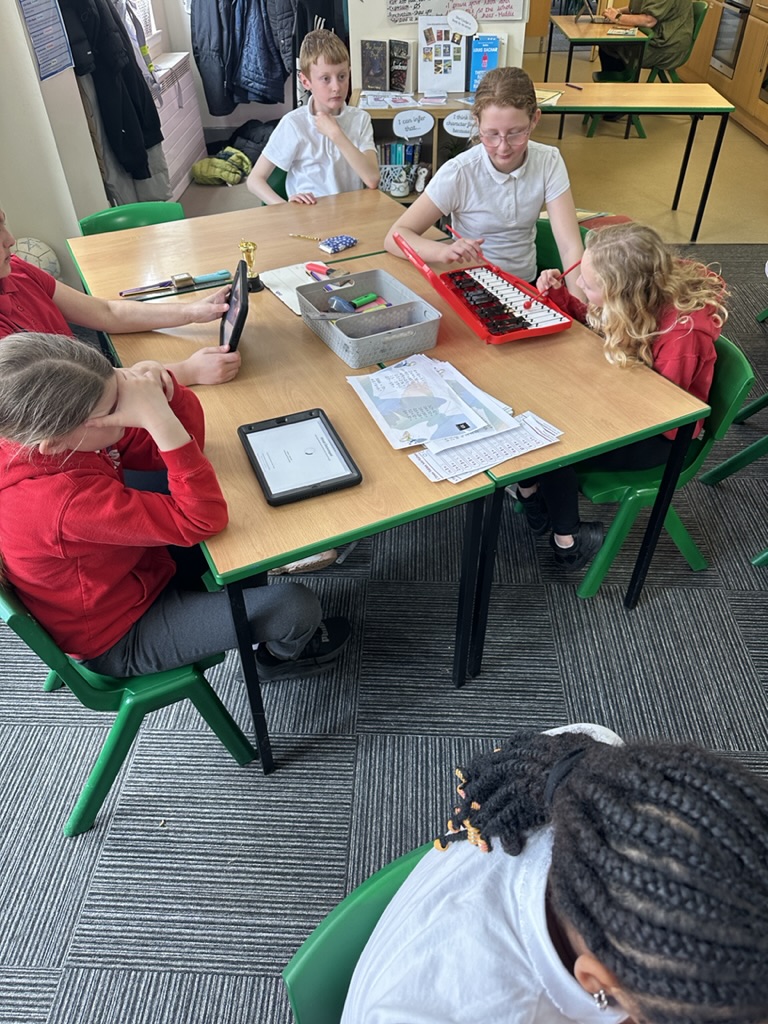
After giving SATs week our all, we had some well deserved celebrating to be done on Friday. We hit then afternoon off with glow in the dark dodgeball, which was a ball!
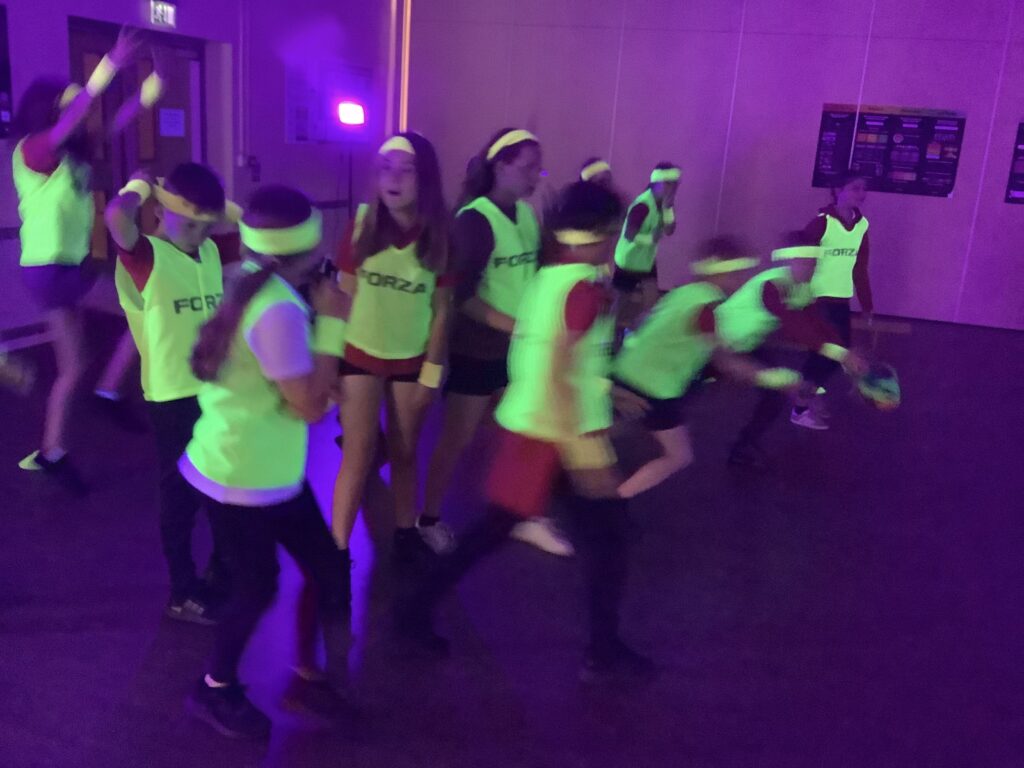
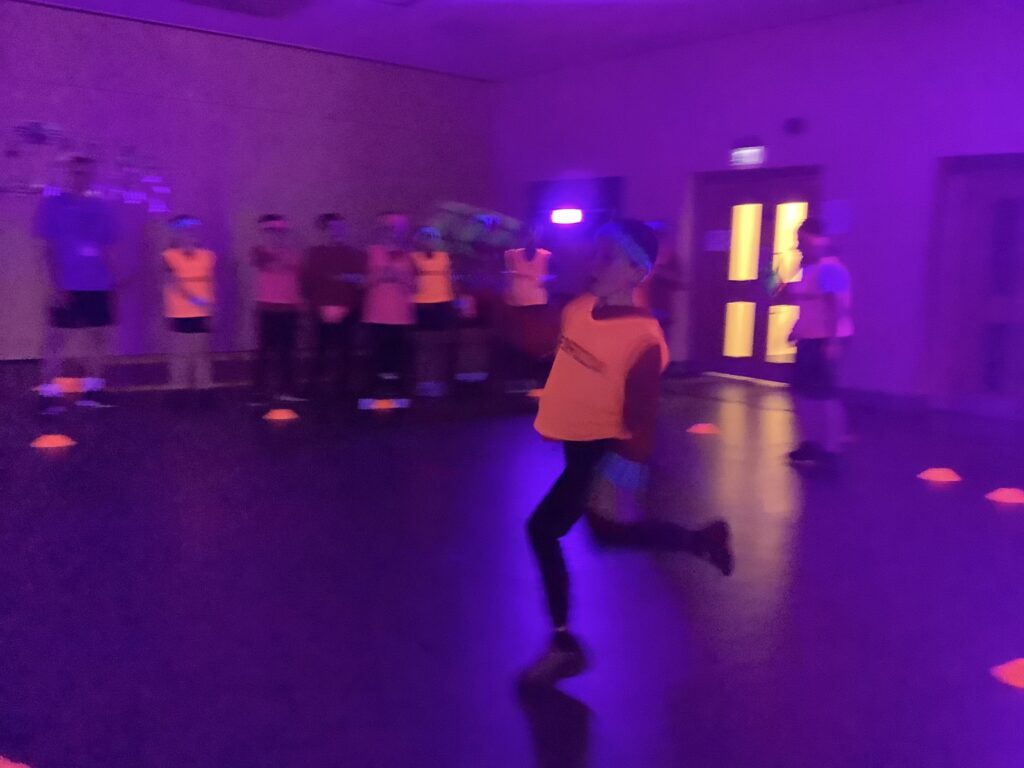
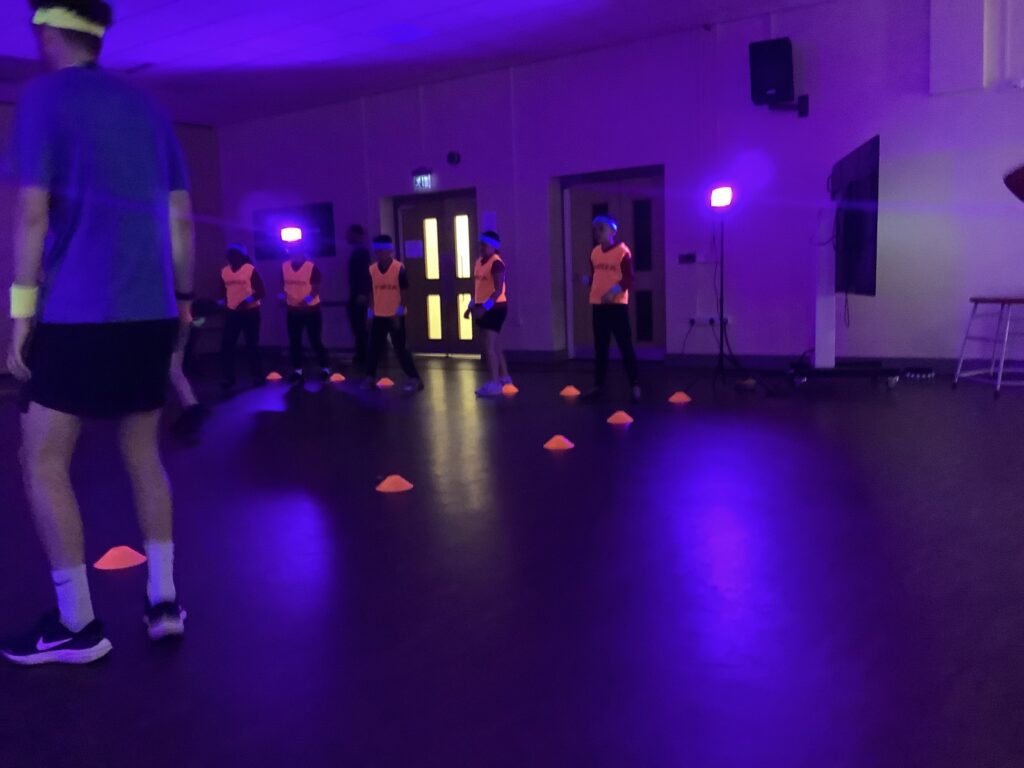
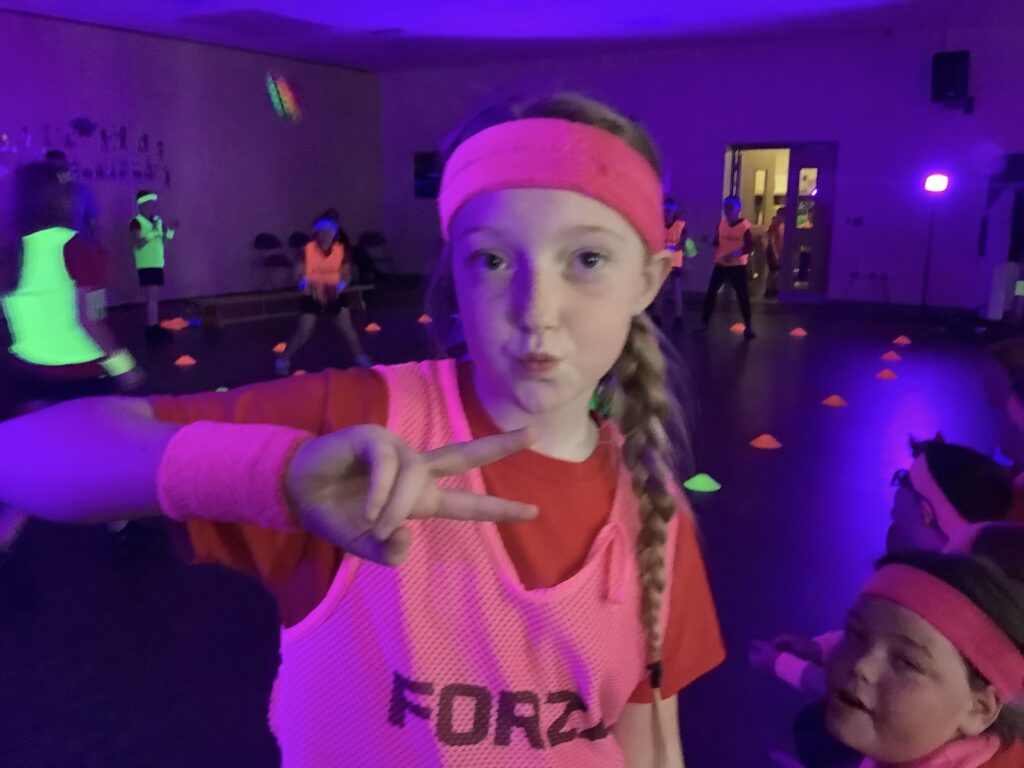
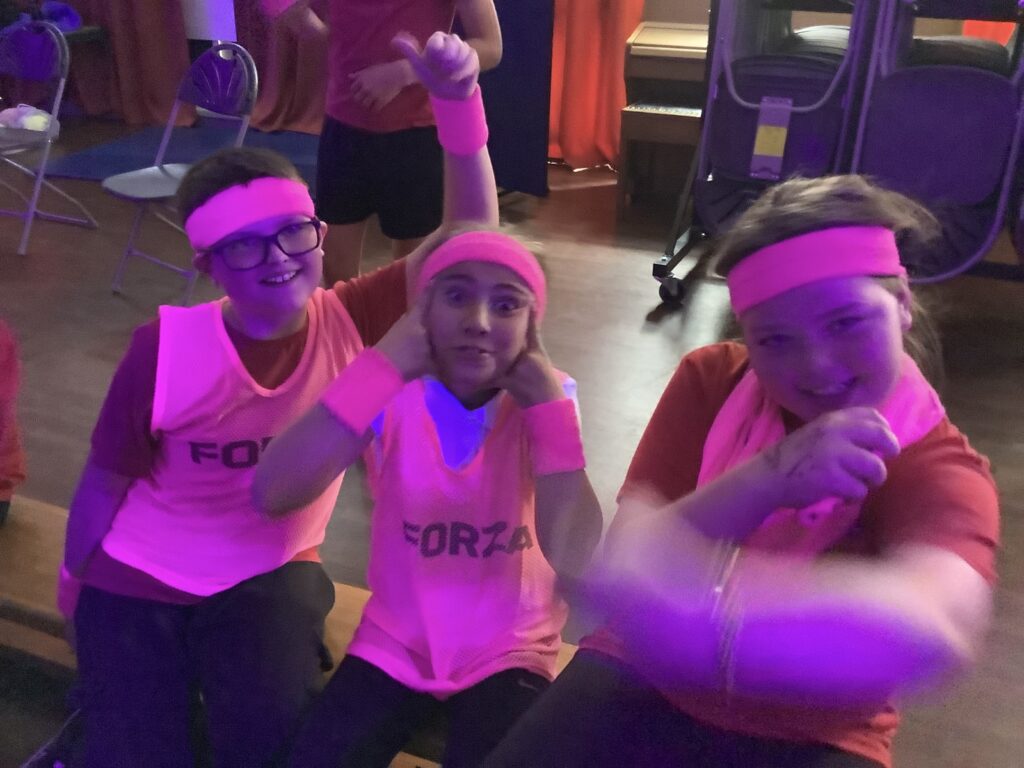
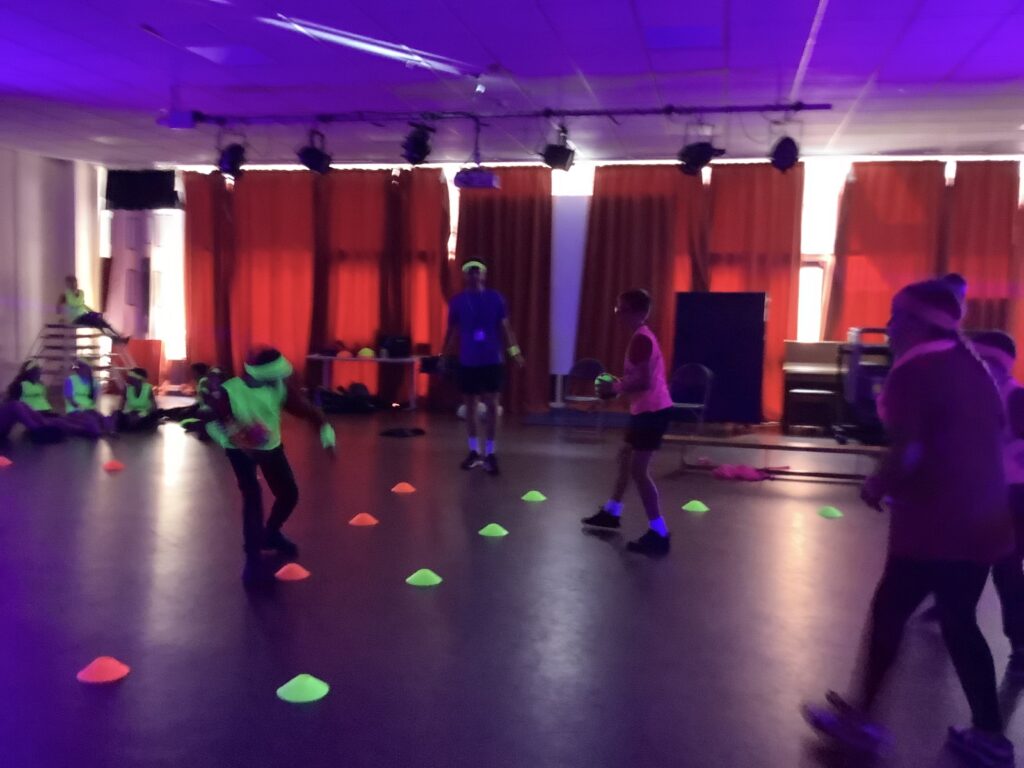
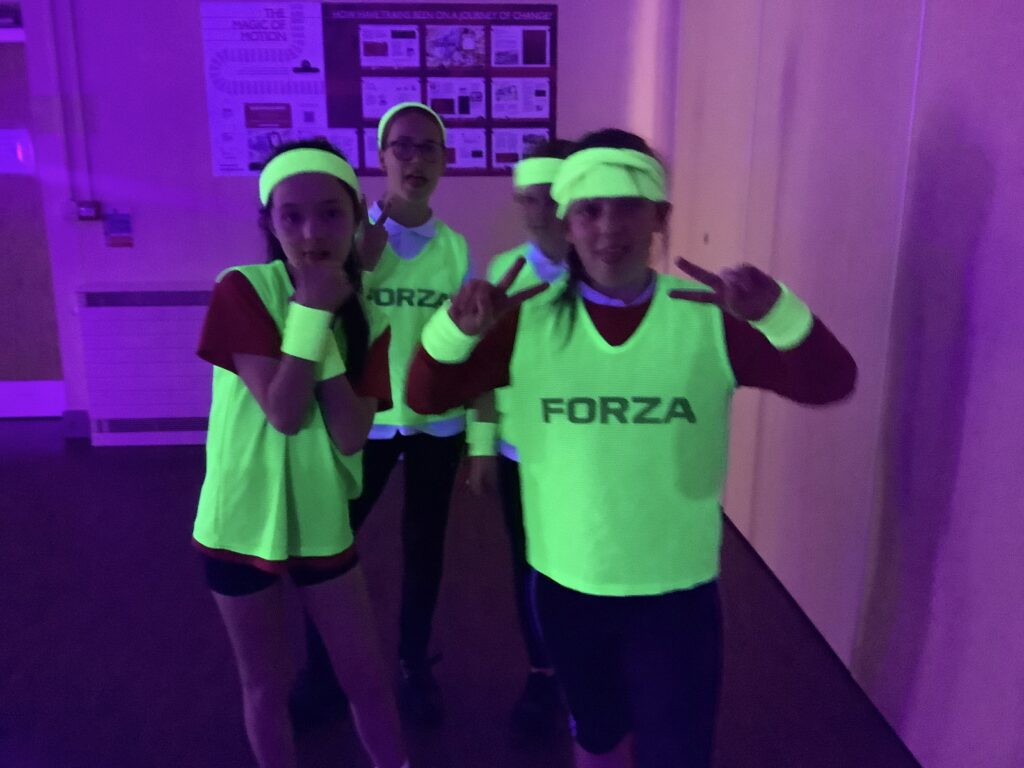
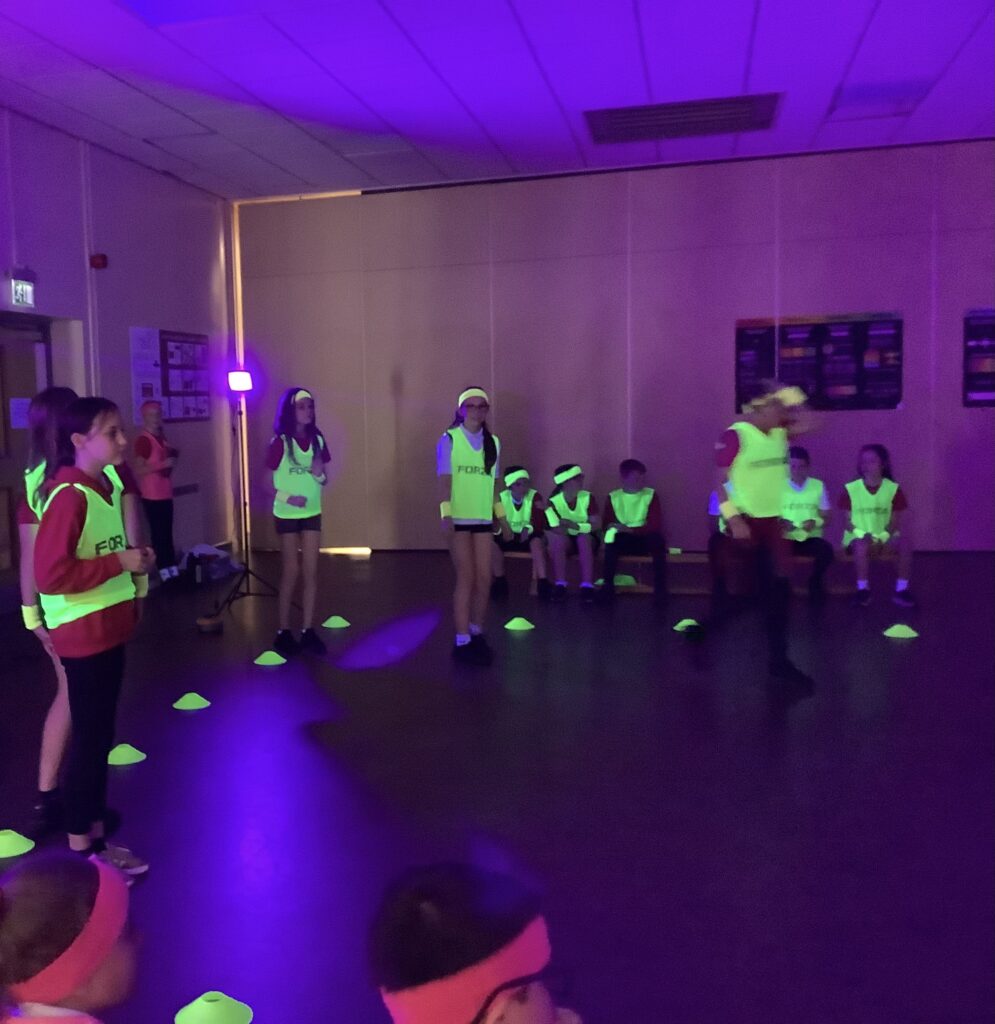
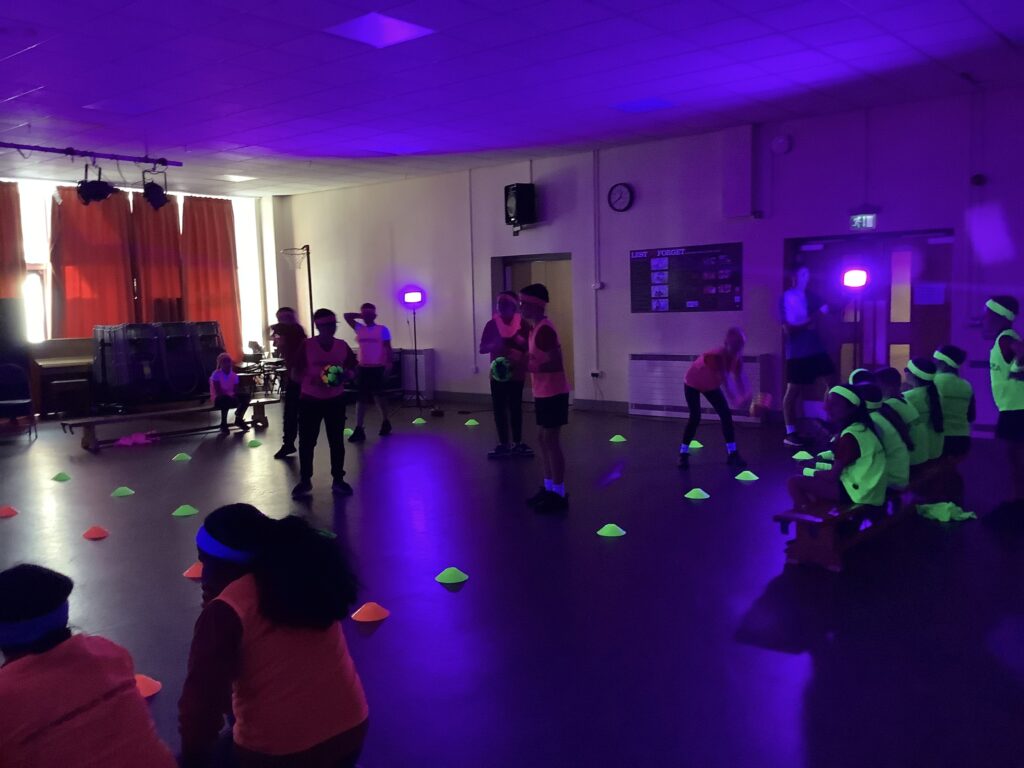
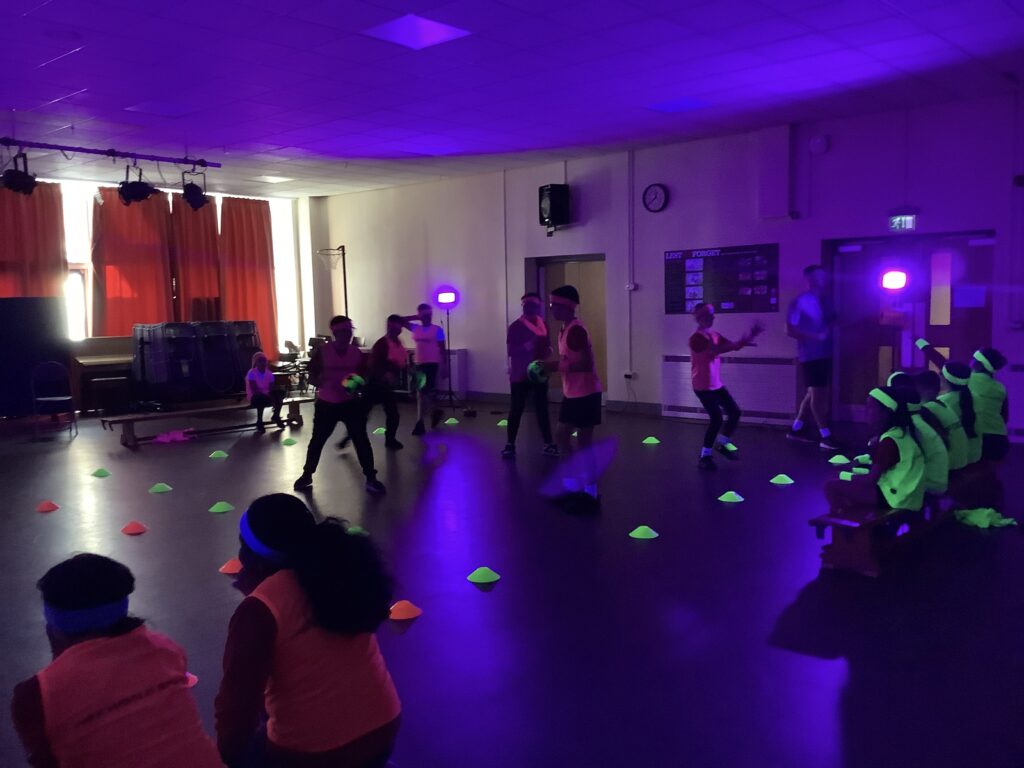
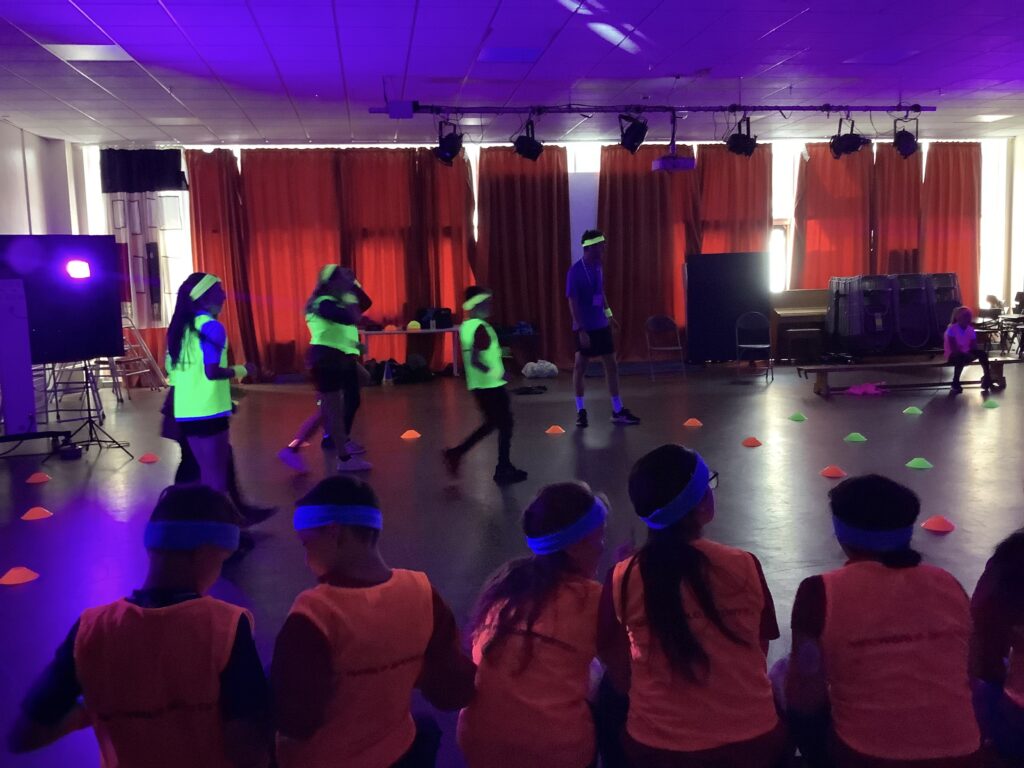
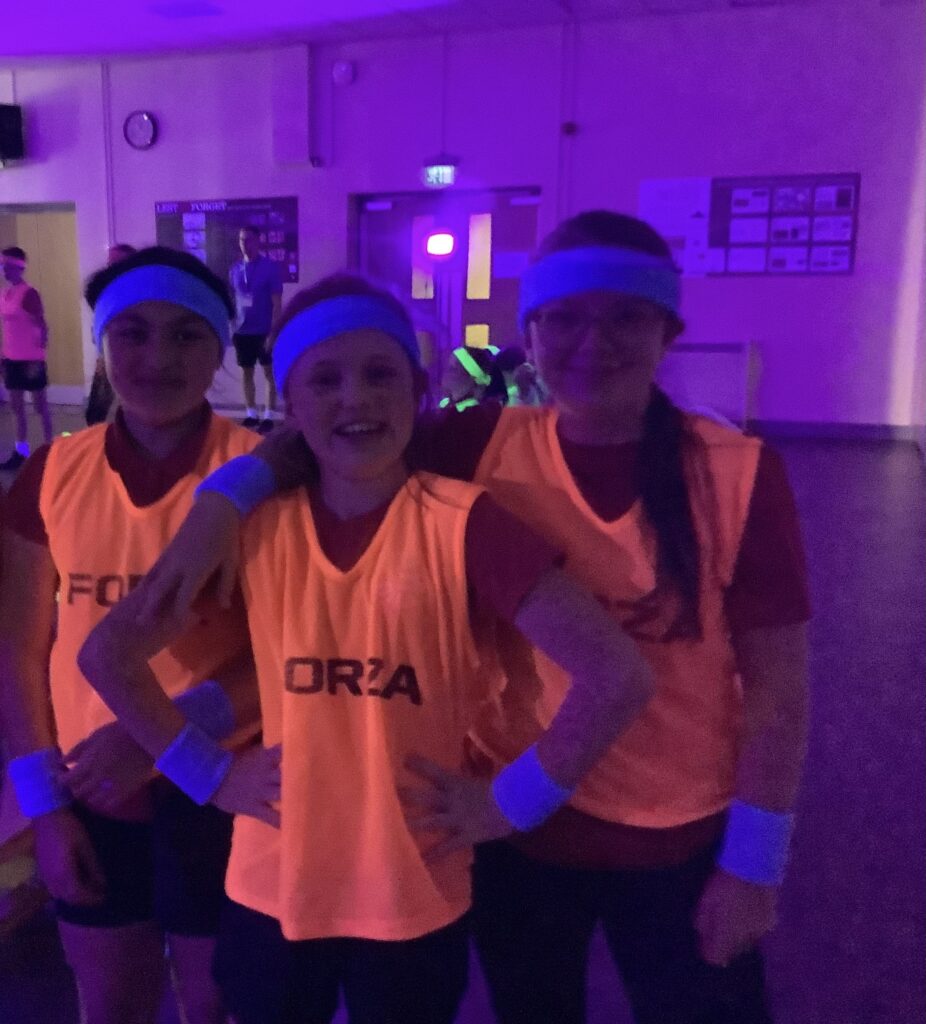
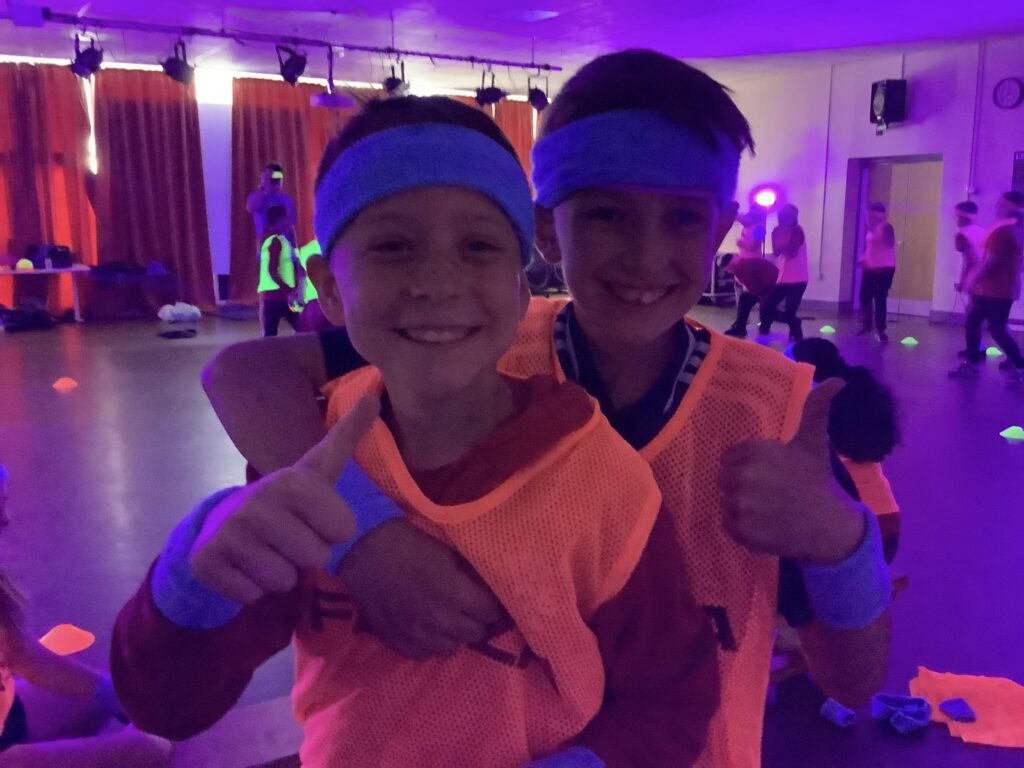
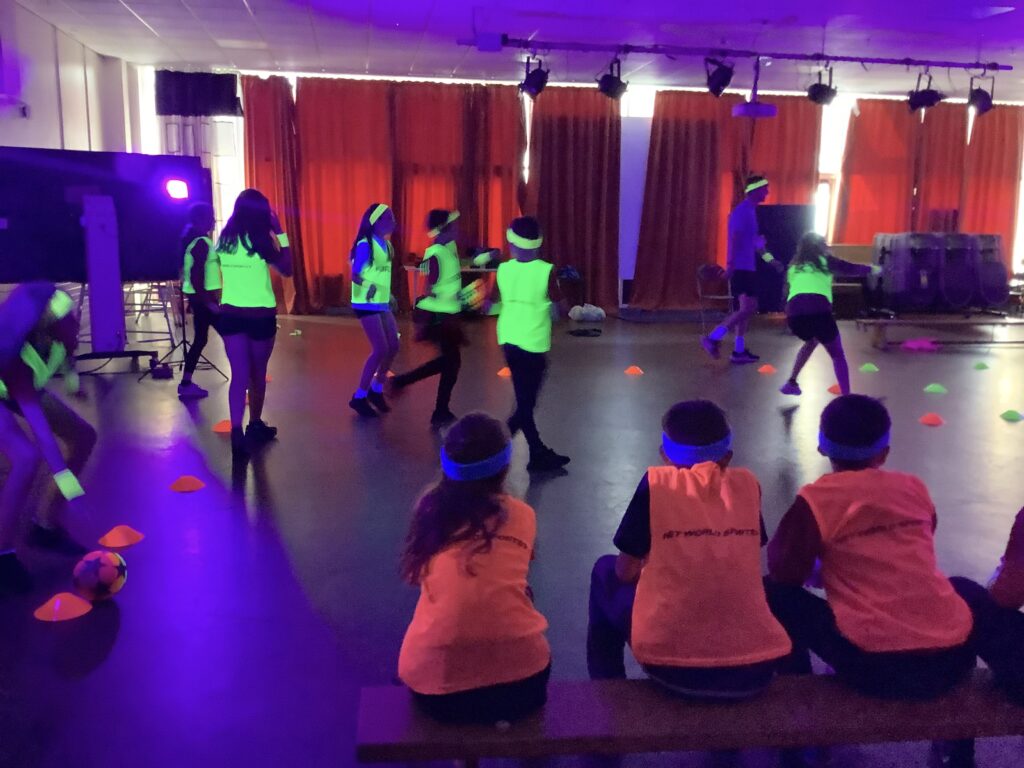
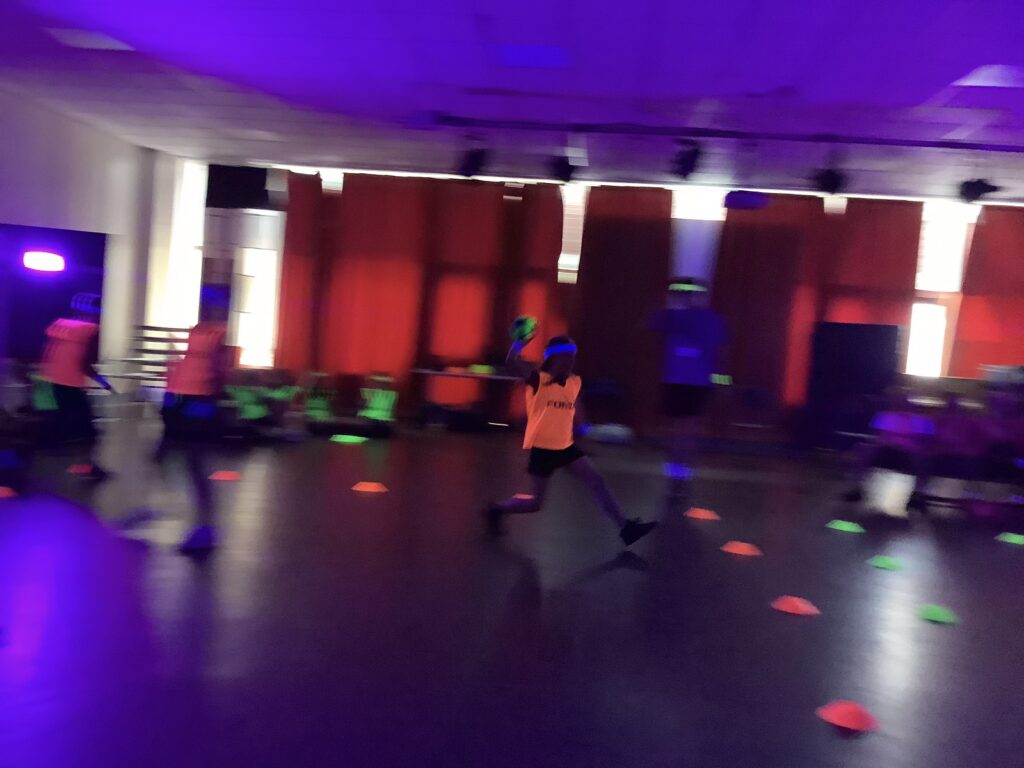
Then whilst we were having an amazing time, miss was setting up a party for us to come back to! We had a blast!
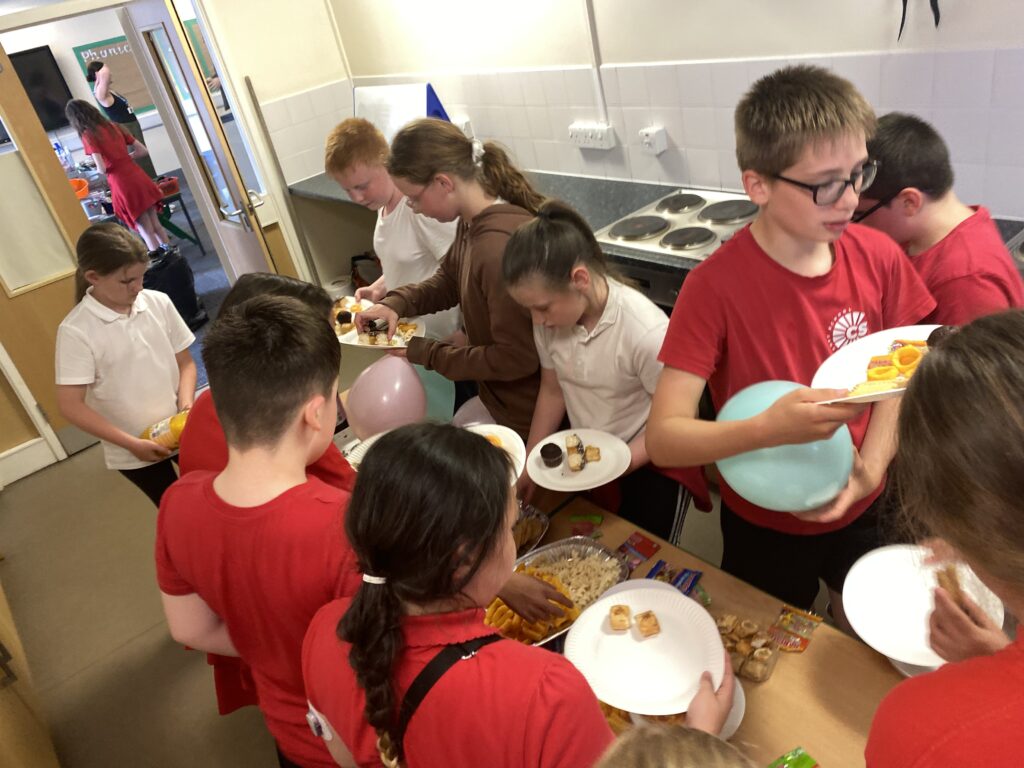
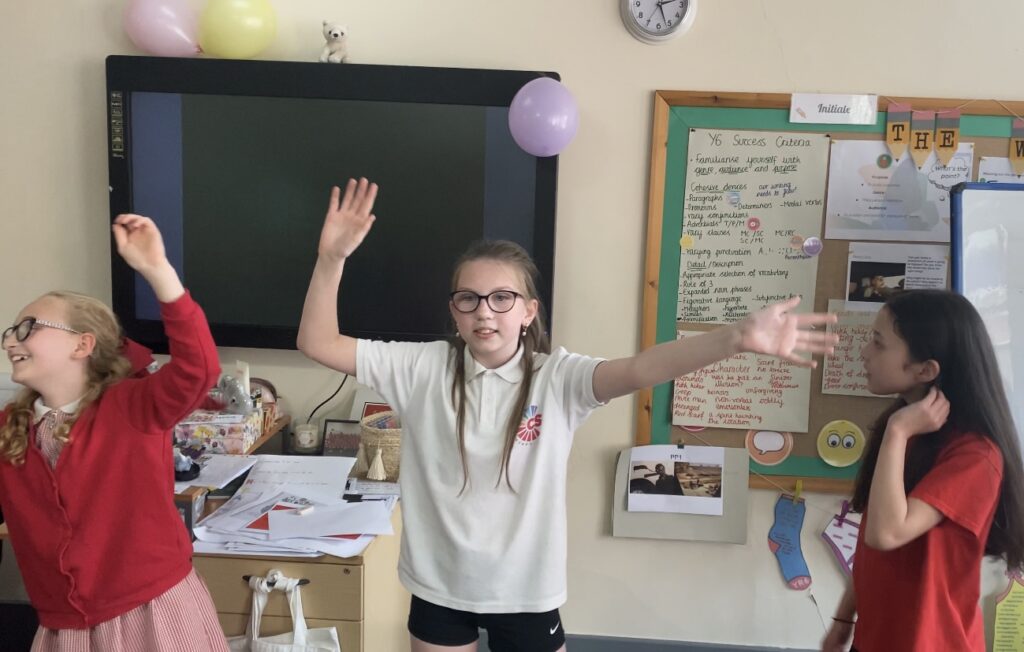
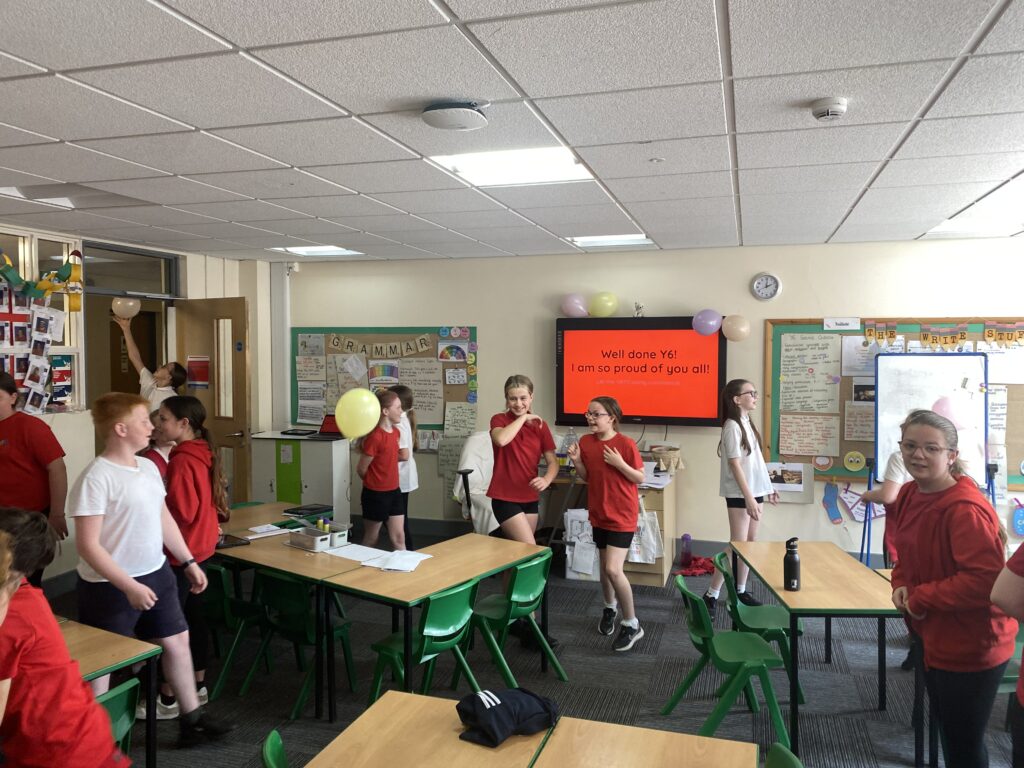
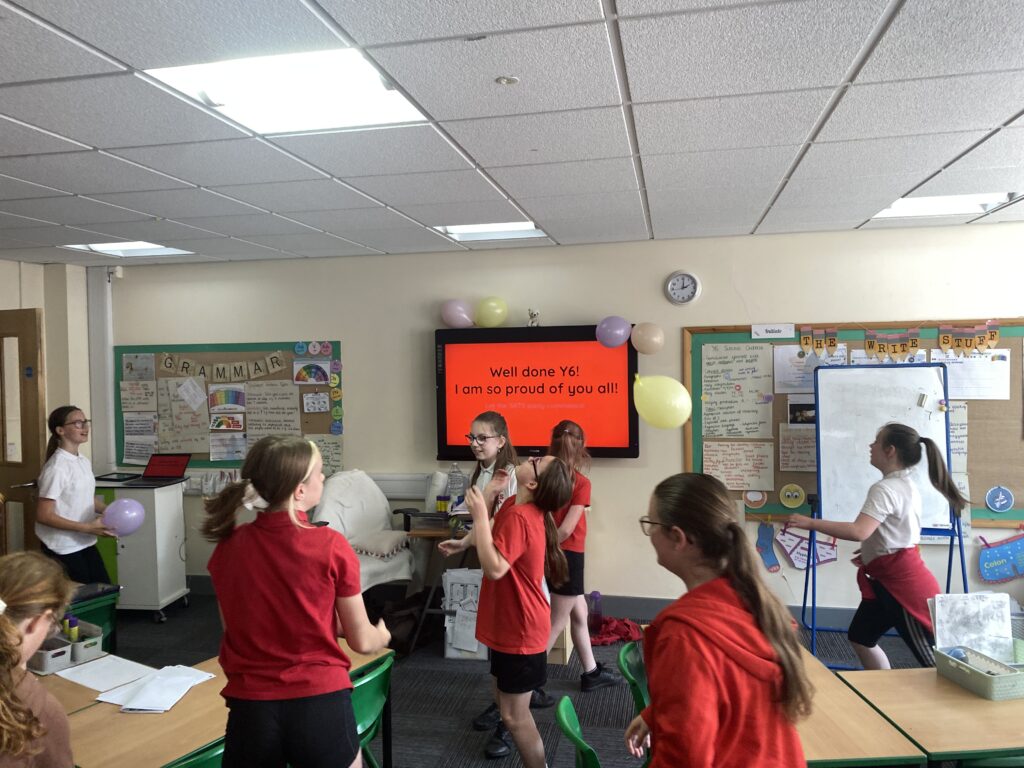
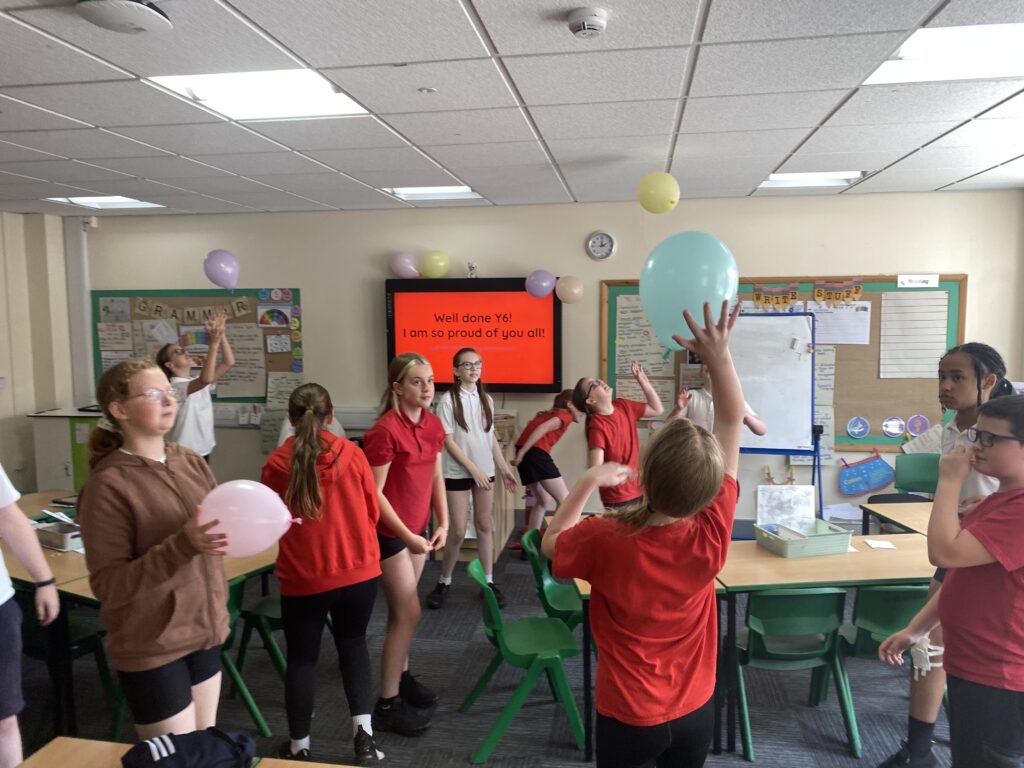
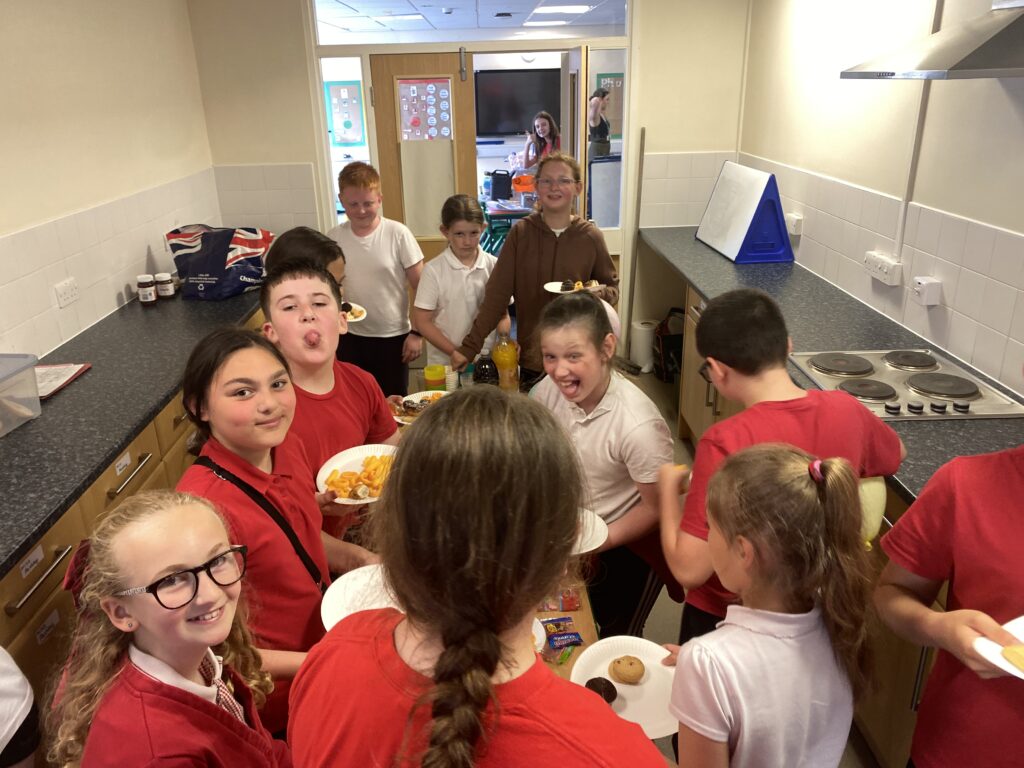

I know we’ve said this alot but well done for your hard work so far, we are extremely proud of your perseverance, resilience and positive attitude towards learning. You have tackled all the challenges presented to you with enthusiasm, and we can see that you are completely ready for the SATS tests next week.
This weekend, we want you to chill out and enjoy the sunshine – do something nice, enjoy time with your family, read a book, go to the cinema, eat some nice food or play out with friends – as I know you have all told me you are doing. Just remember to eat well, have early nights (yes that needs to be in bold), to laugh a lot and just enjoy your weekend!
Above all, we want you to believe in yourself and know that you have done everything that you possibly can to be the very best that you can be. So now is the time to take all what you have learnt and get it down on paper because you could not have worked any harder. Let’s show everyone what Y6 crew at Carcroft can do!
Good Luck!

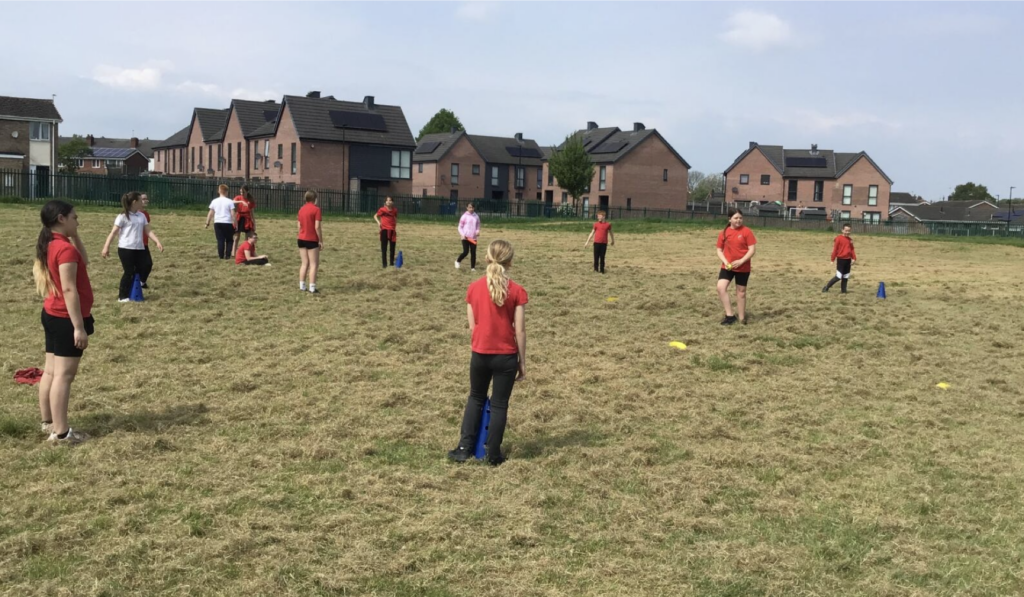
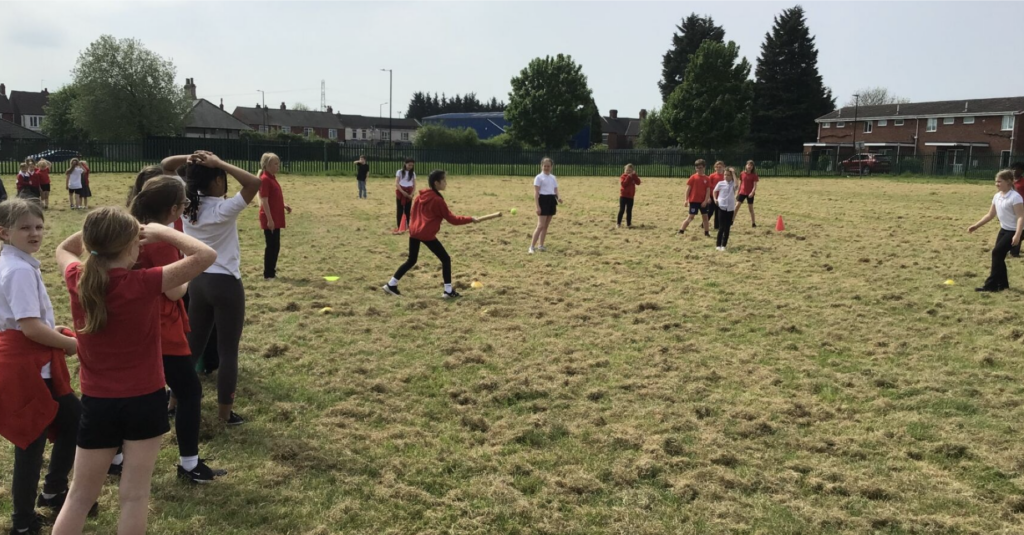
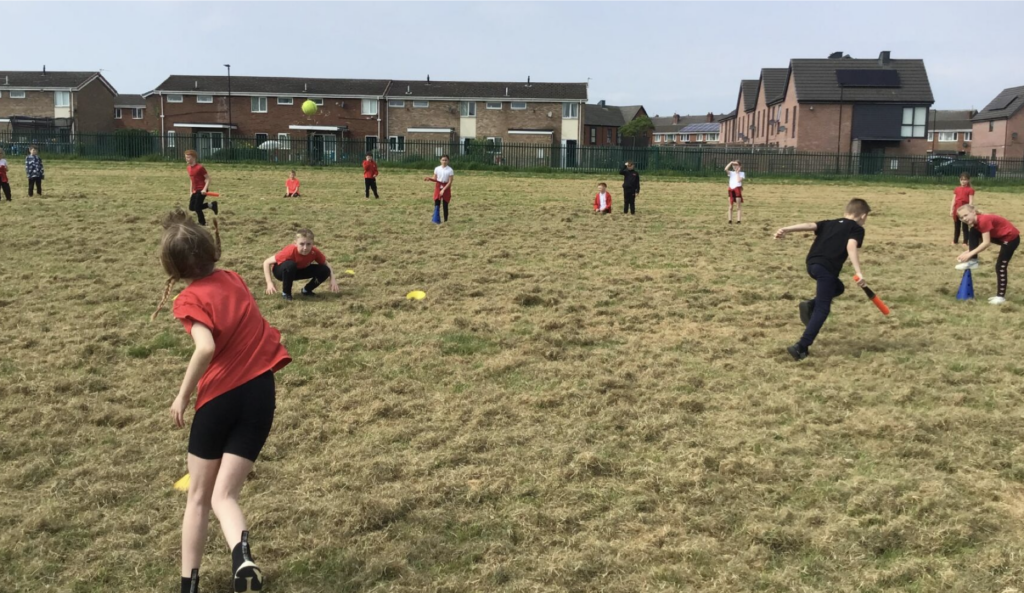
Don Valley 8th July – 10th July 2024
Campsmount and Ridgewood 9th -11th July 2024
Outwood 10th and 11th July 2024
We began a new unit by looking at life in a French school. We watched a video clip to help identify any similarities and differences between school life in France and the UK.
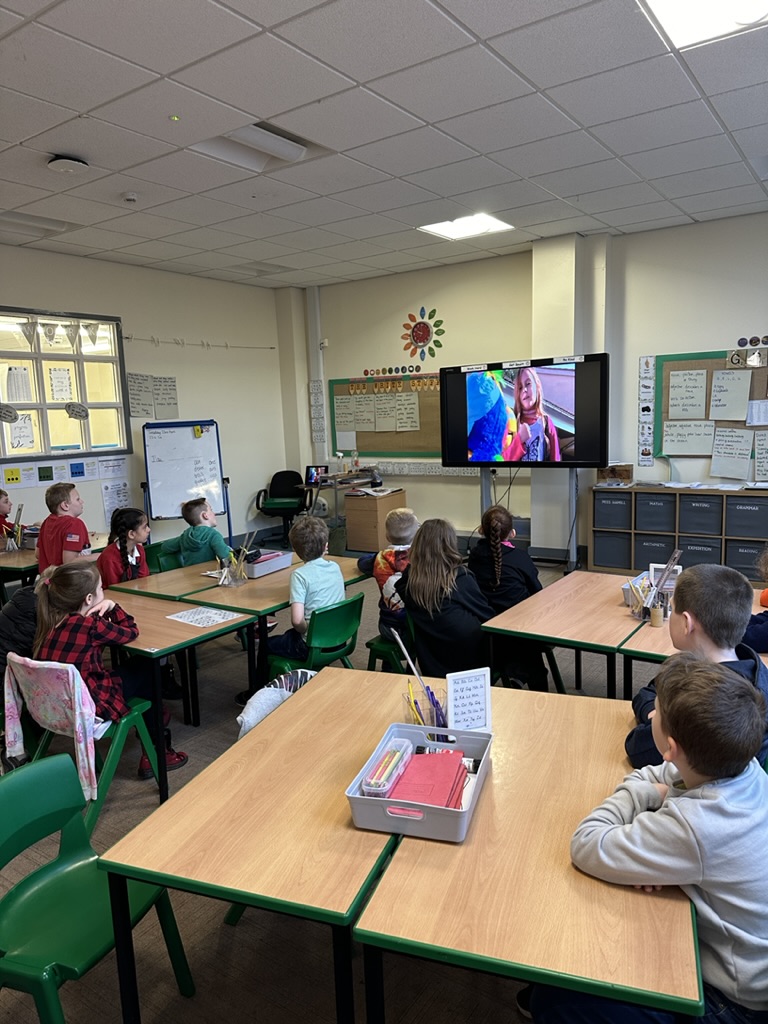

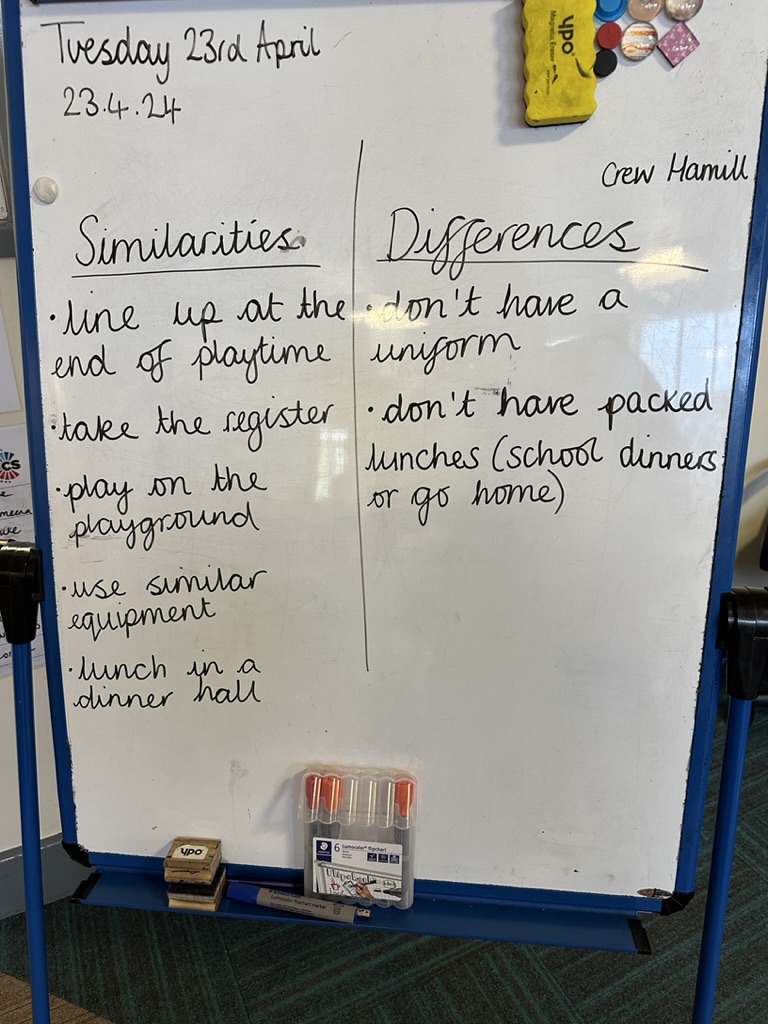
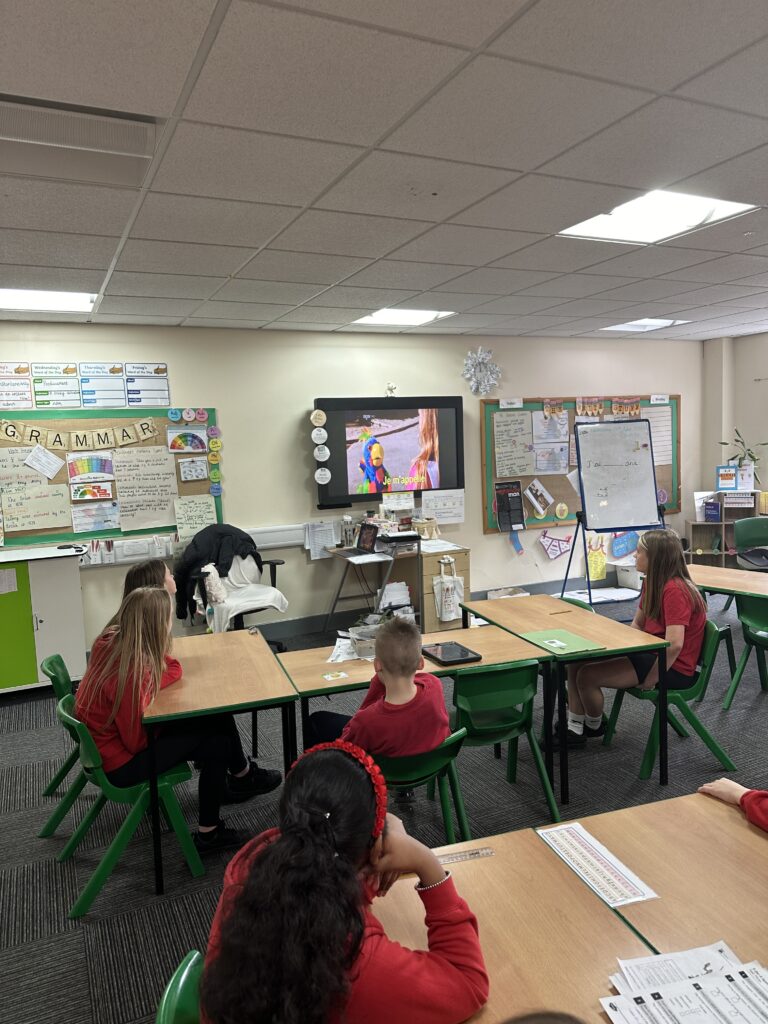
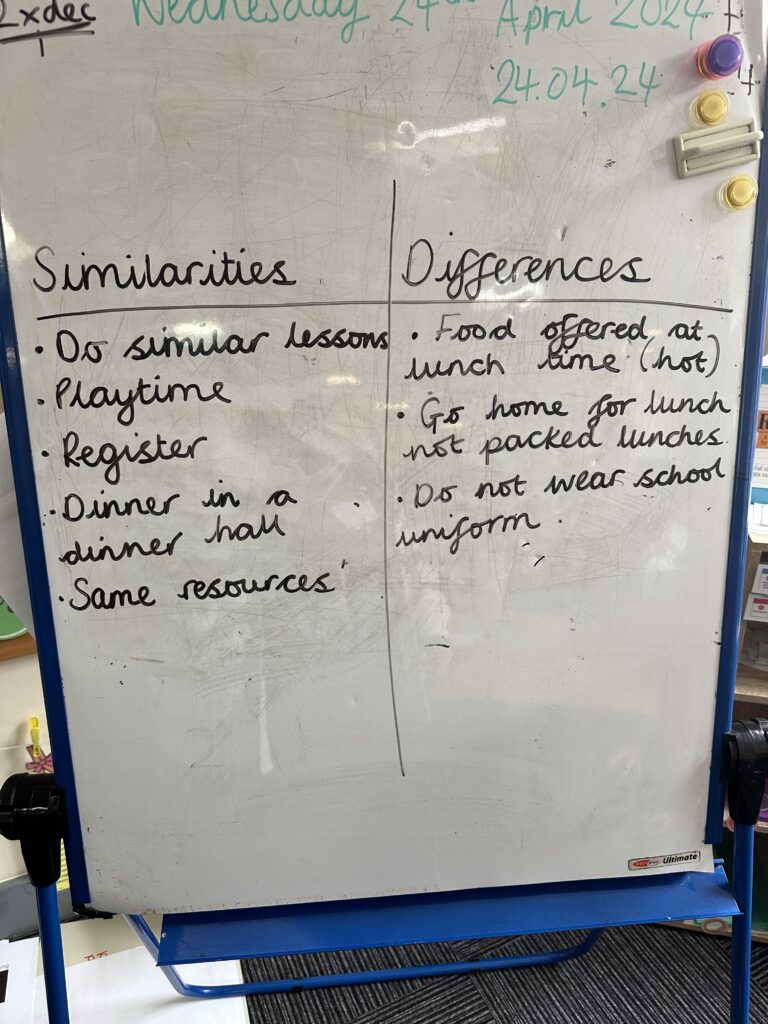
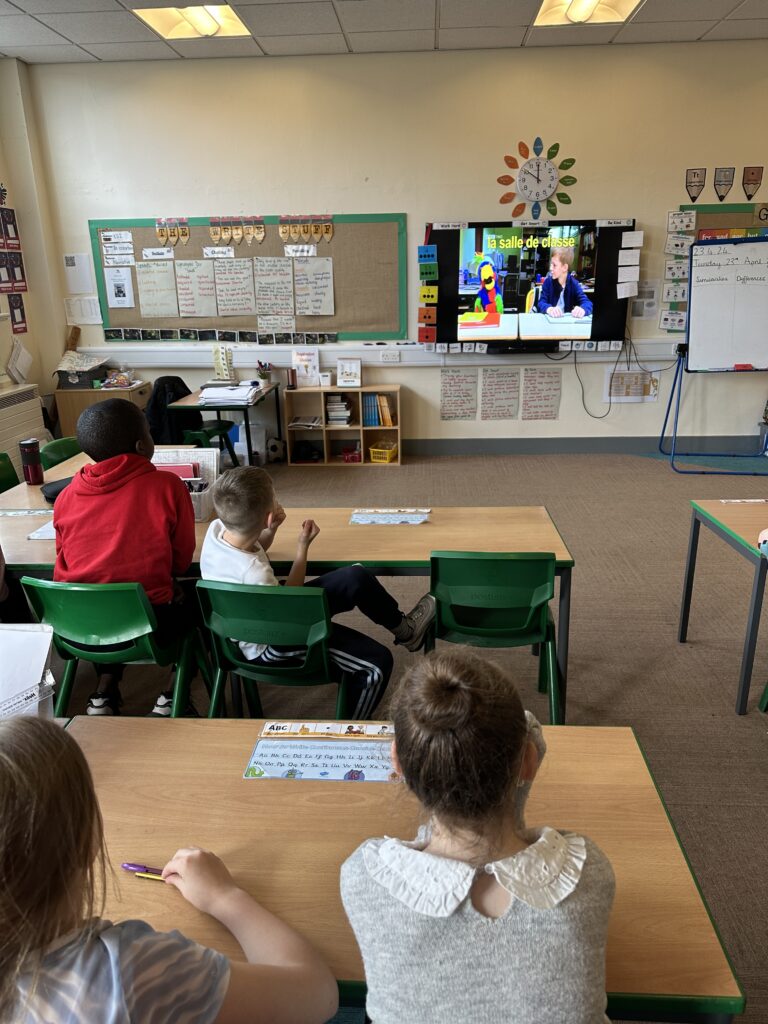
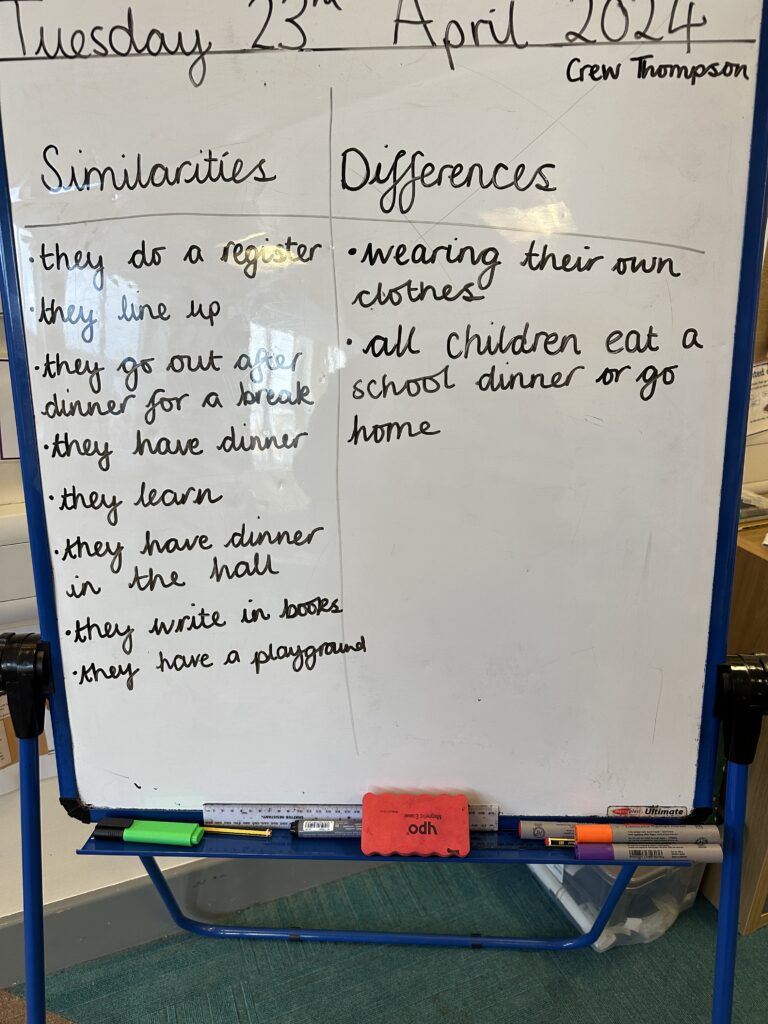
We then looked at new vocabulary related to instructions given in the classroom. We practised our pronunciation and understanding by creating signals to match the French pronunciation. We then worked together to match the symbols to the correct written phrase for each instruction.
To finish, we played a game of Jacques a dit (a French equivalent to Simon Says). We had to listen carefully to the instruction given to us in French before showing either a gesture or doing that action depending on whether it was prefaced with ‘Jacques a dit’ or not.
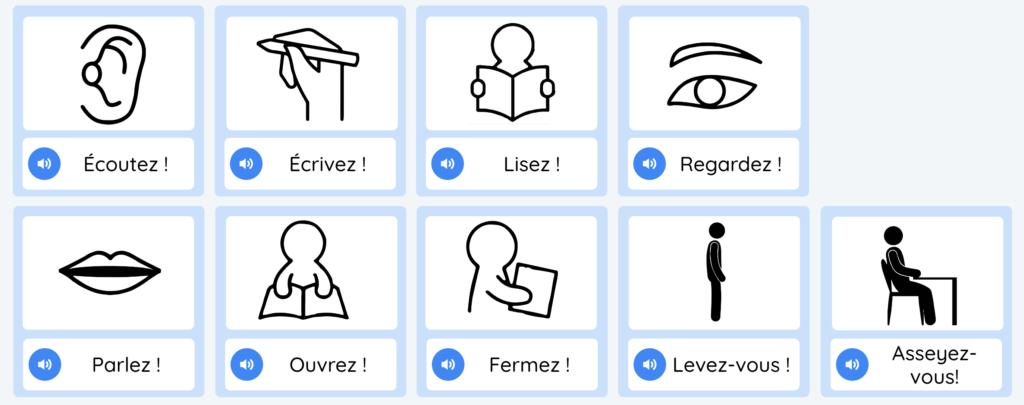
On Wednesday, we were fortunate to have a visit from the Doncaster Beekeepers who talked to us about the importance of bees and how amazing honey actually is. We found out the types and numbers of bees we have in this country and which produce honey. We also learnt about the dangers of the Asian hornet. The best part was learning about how amazing honey is and all the benefits of it – and that it doesn’t go off. We even discovered that honey was found in the pyramids when they were opened!
